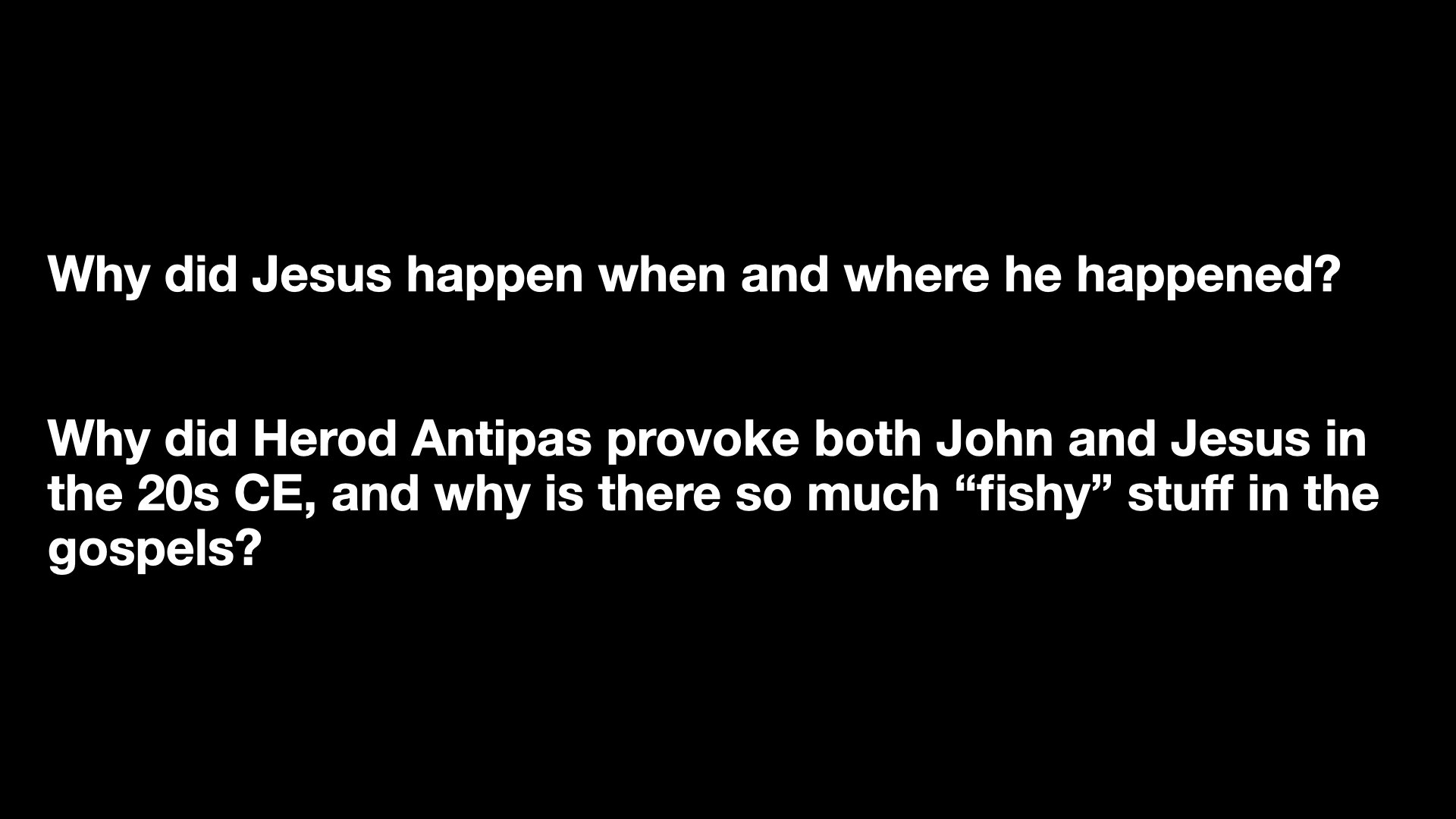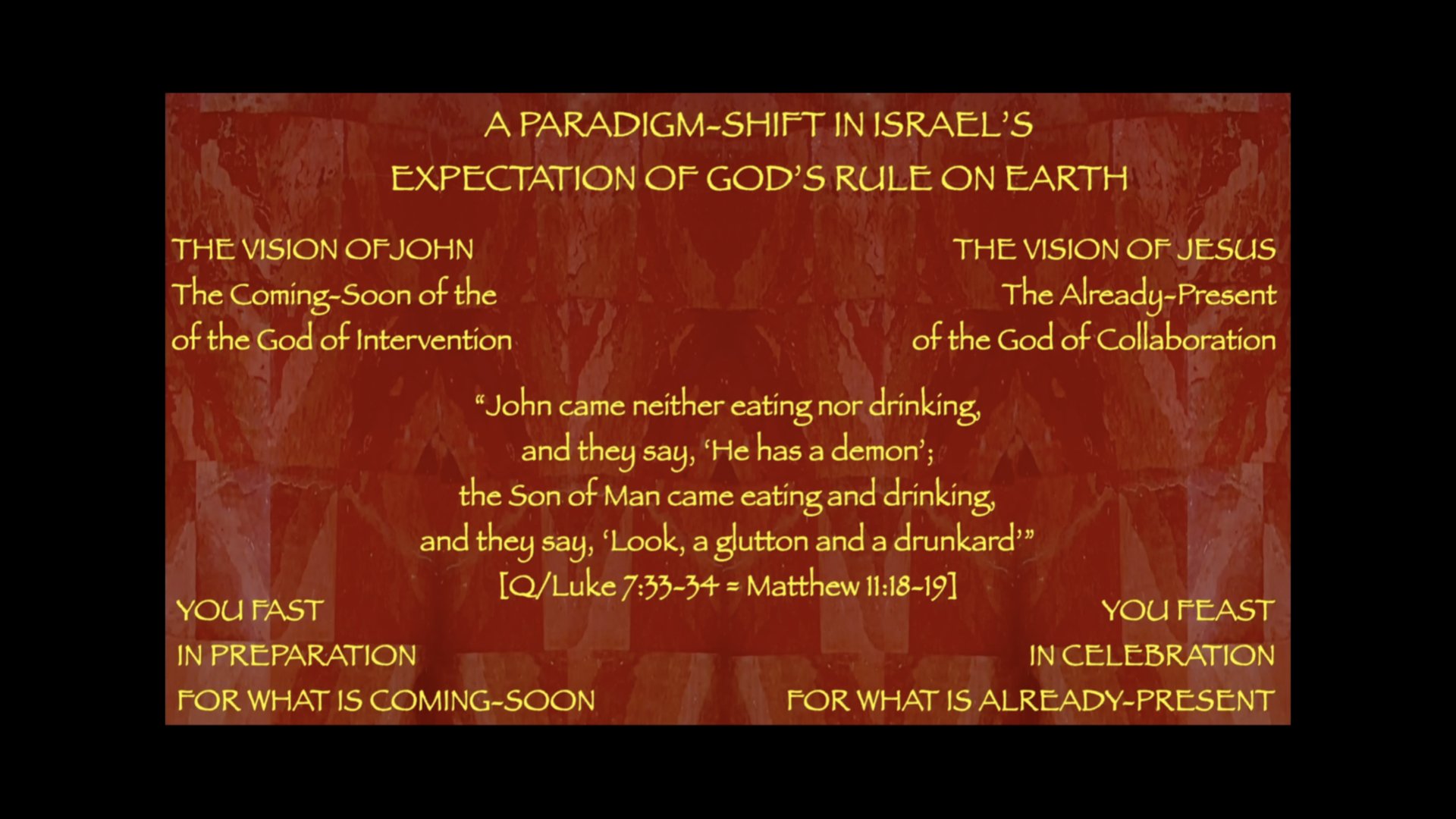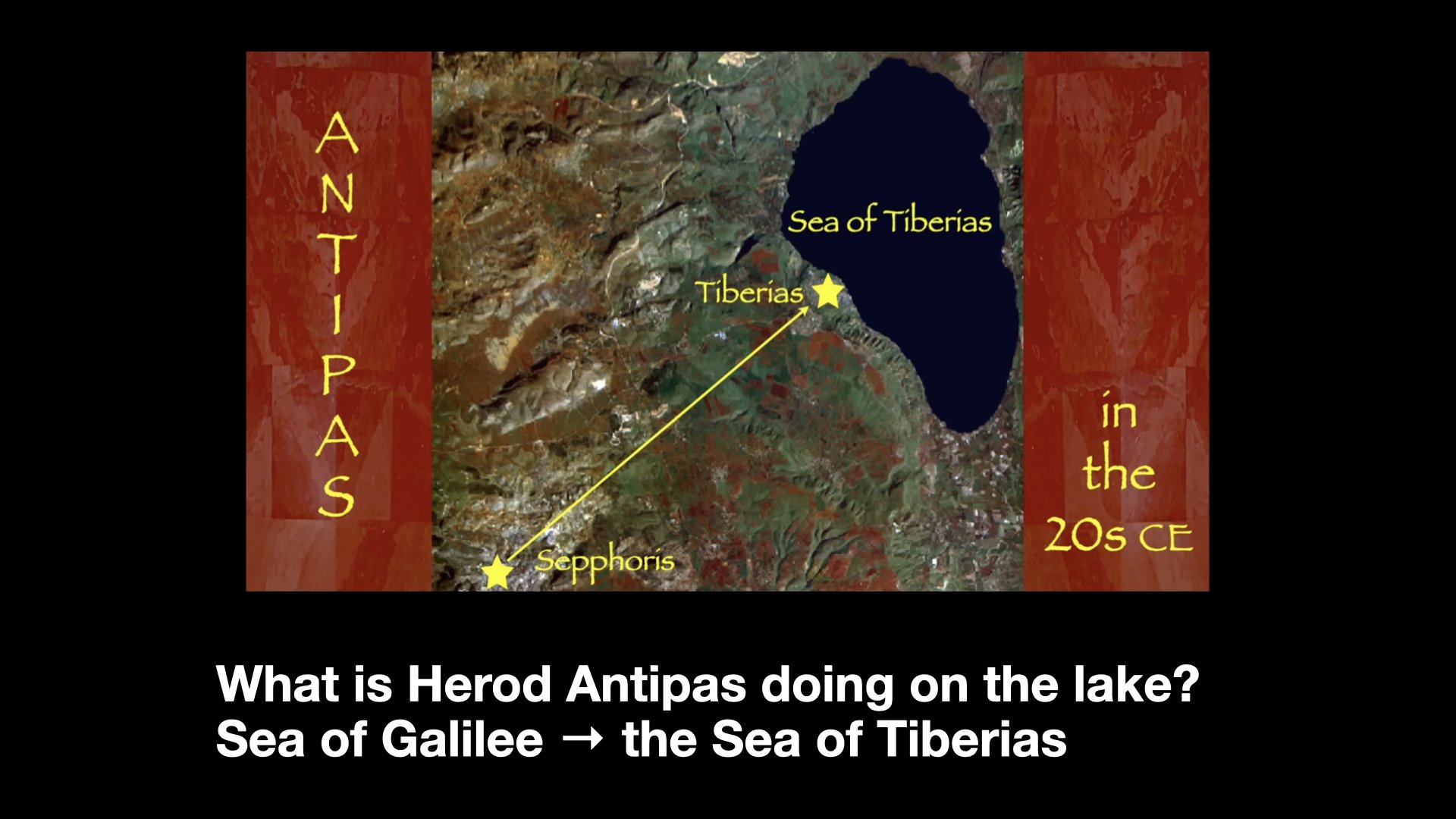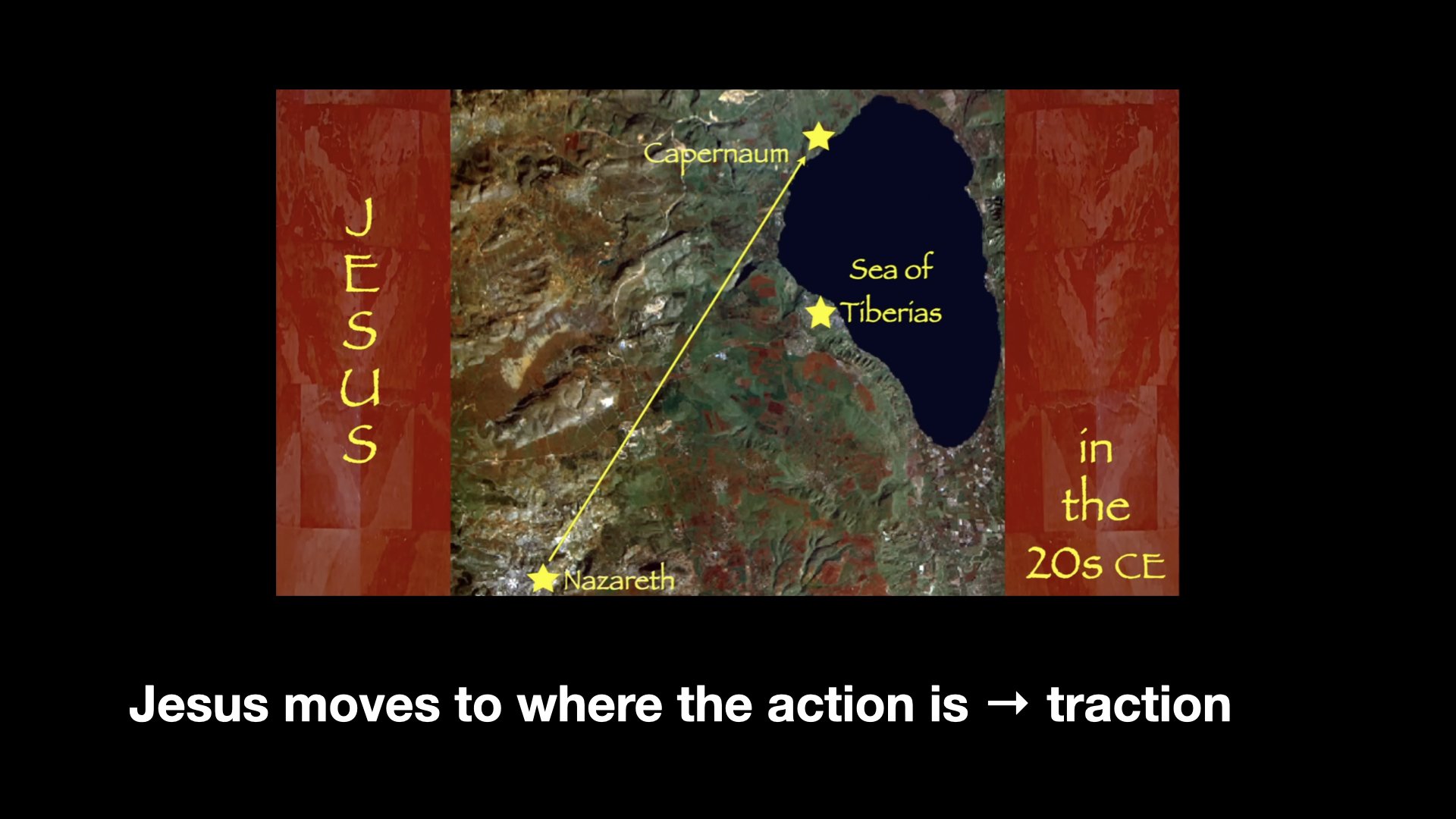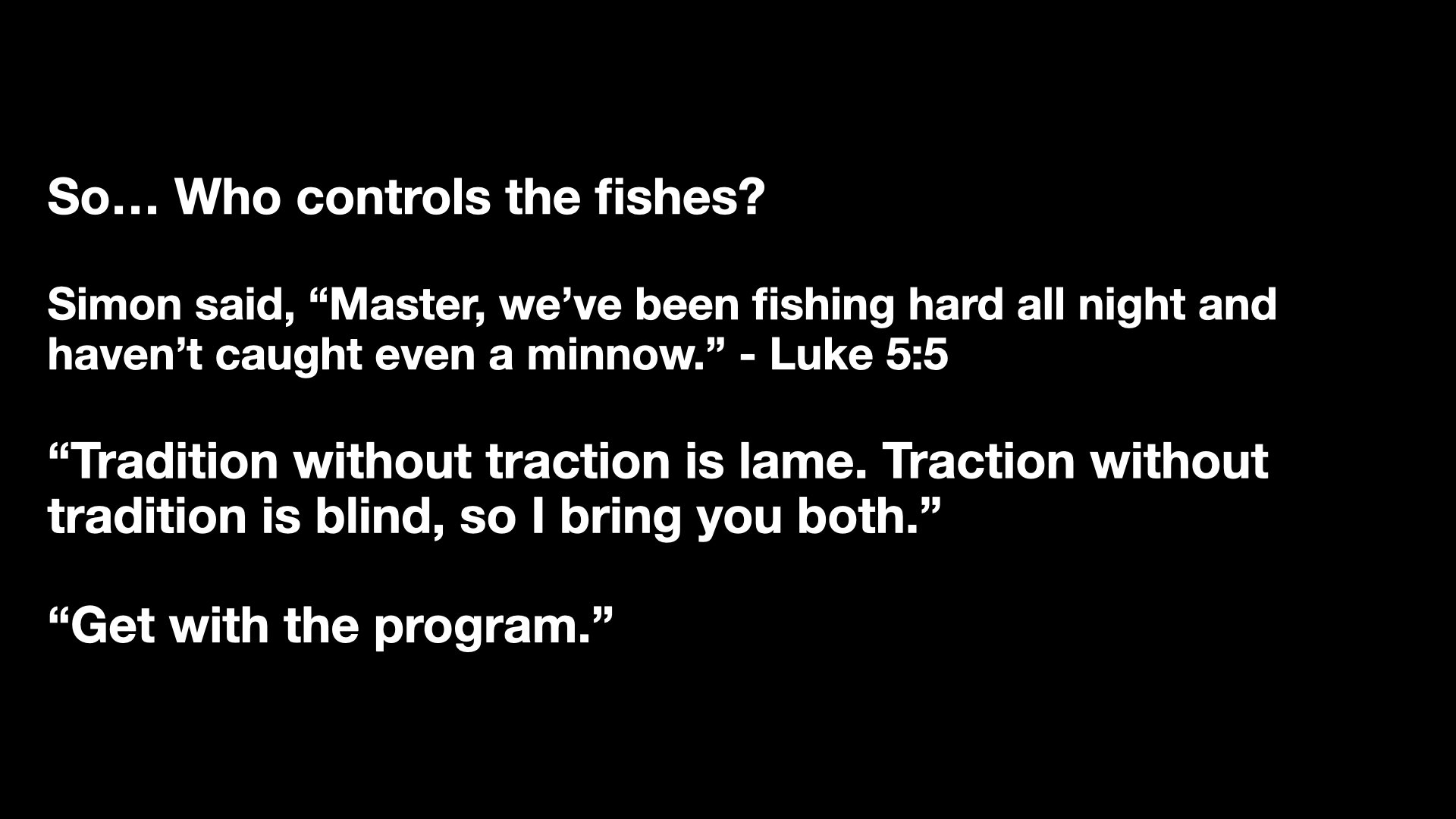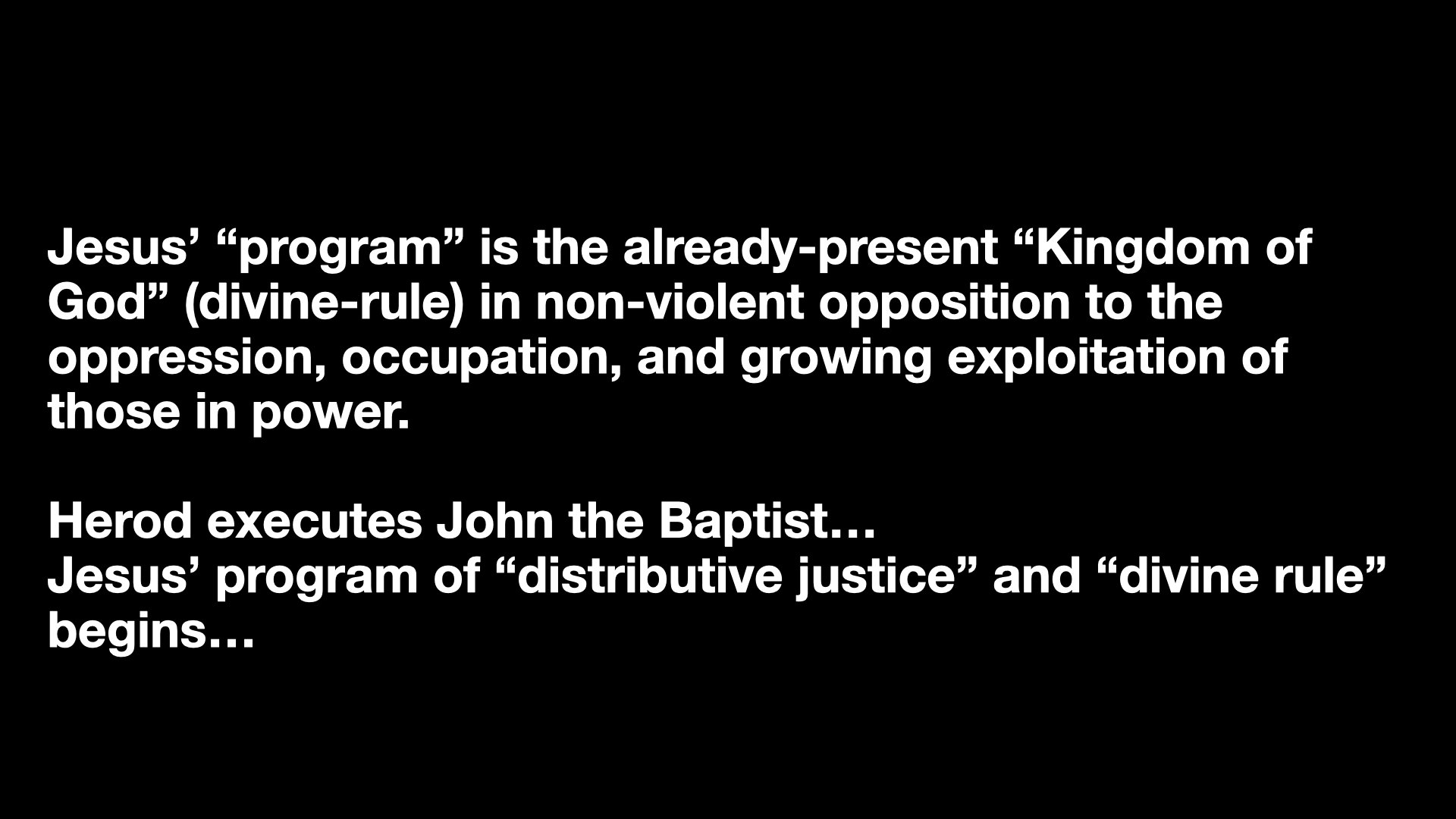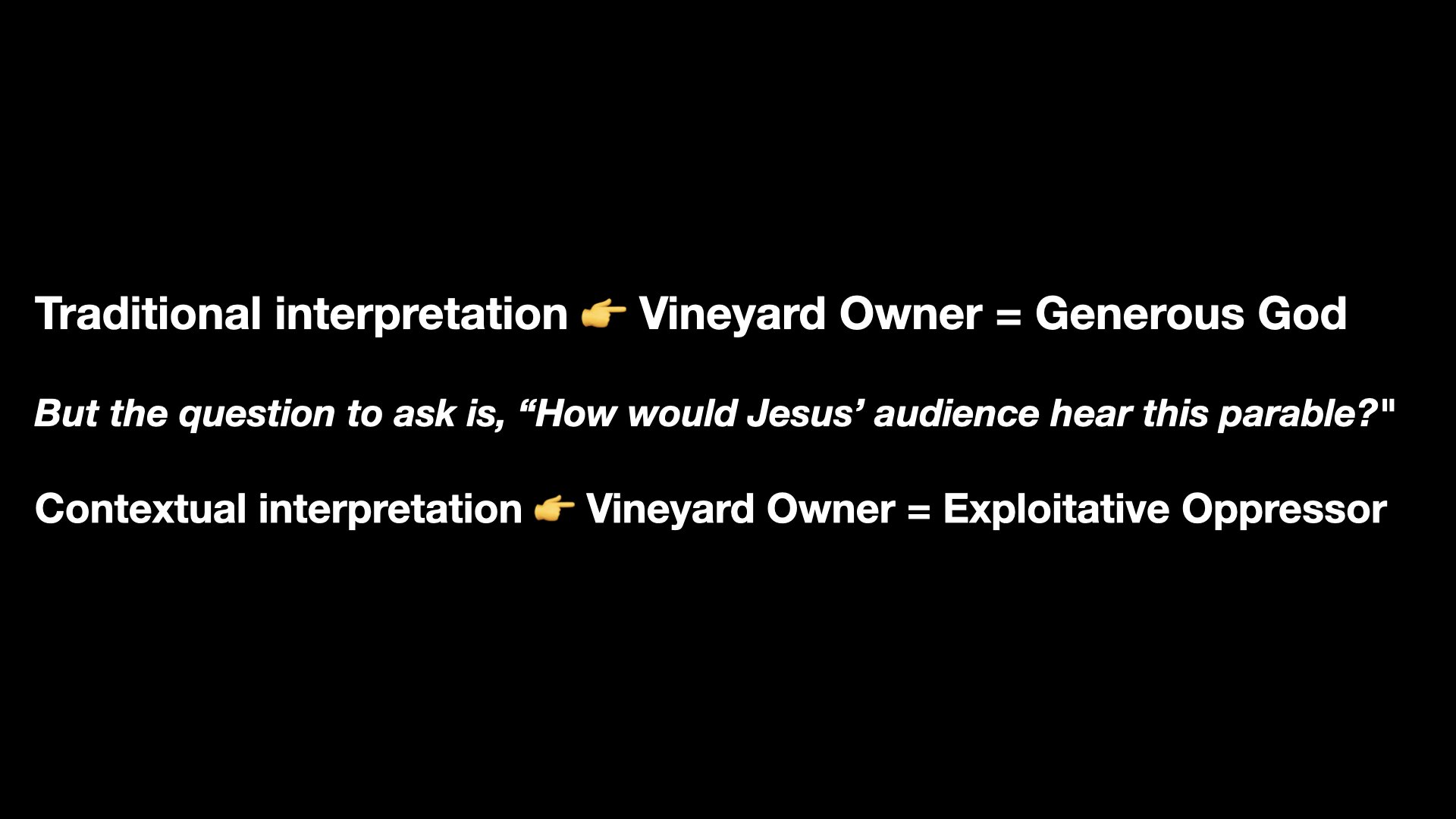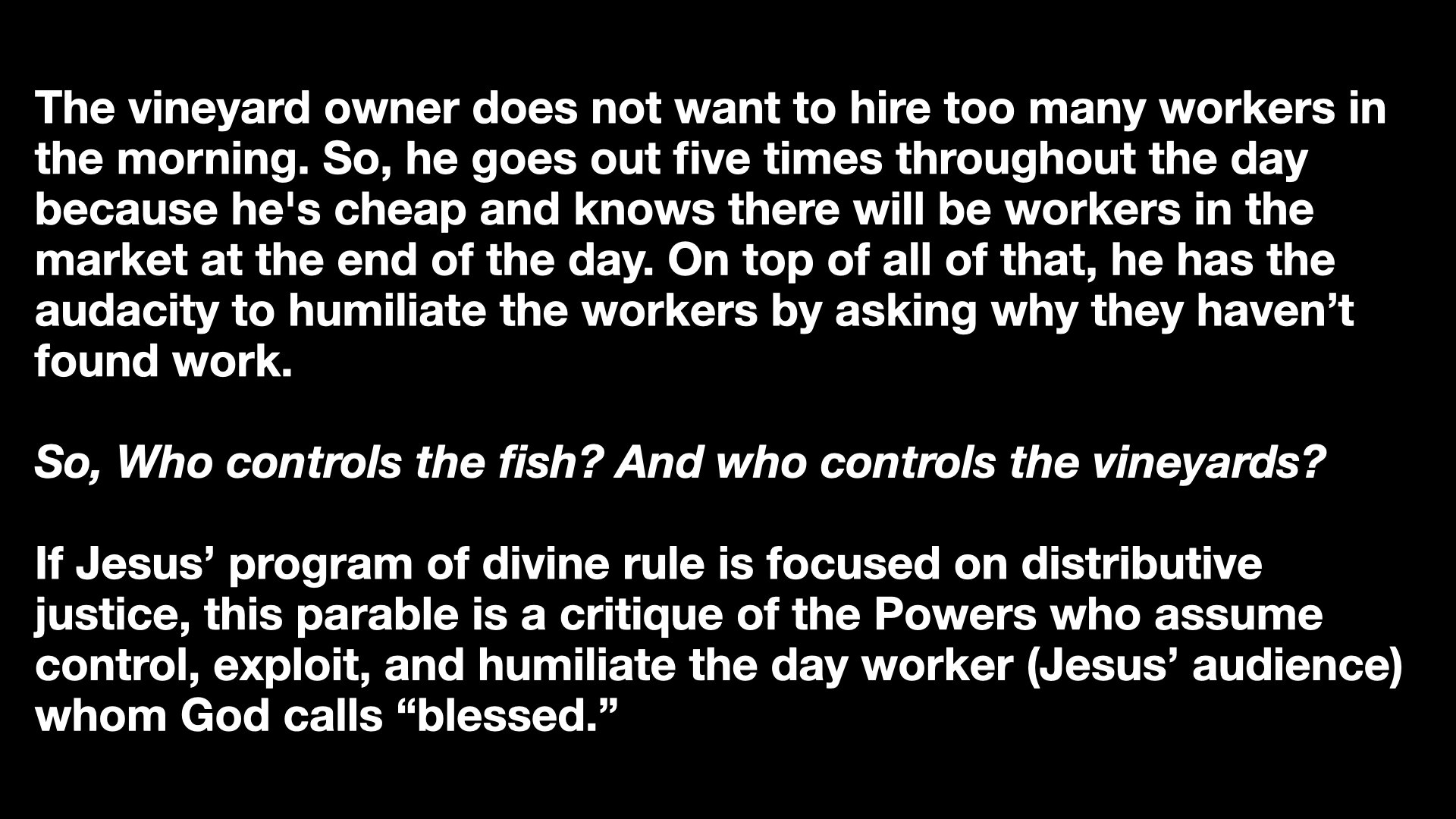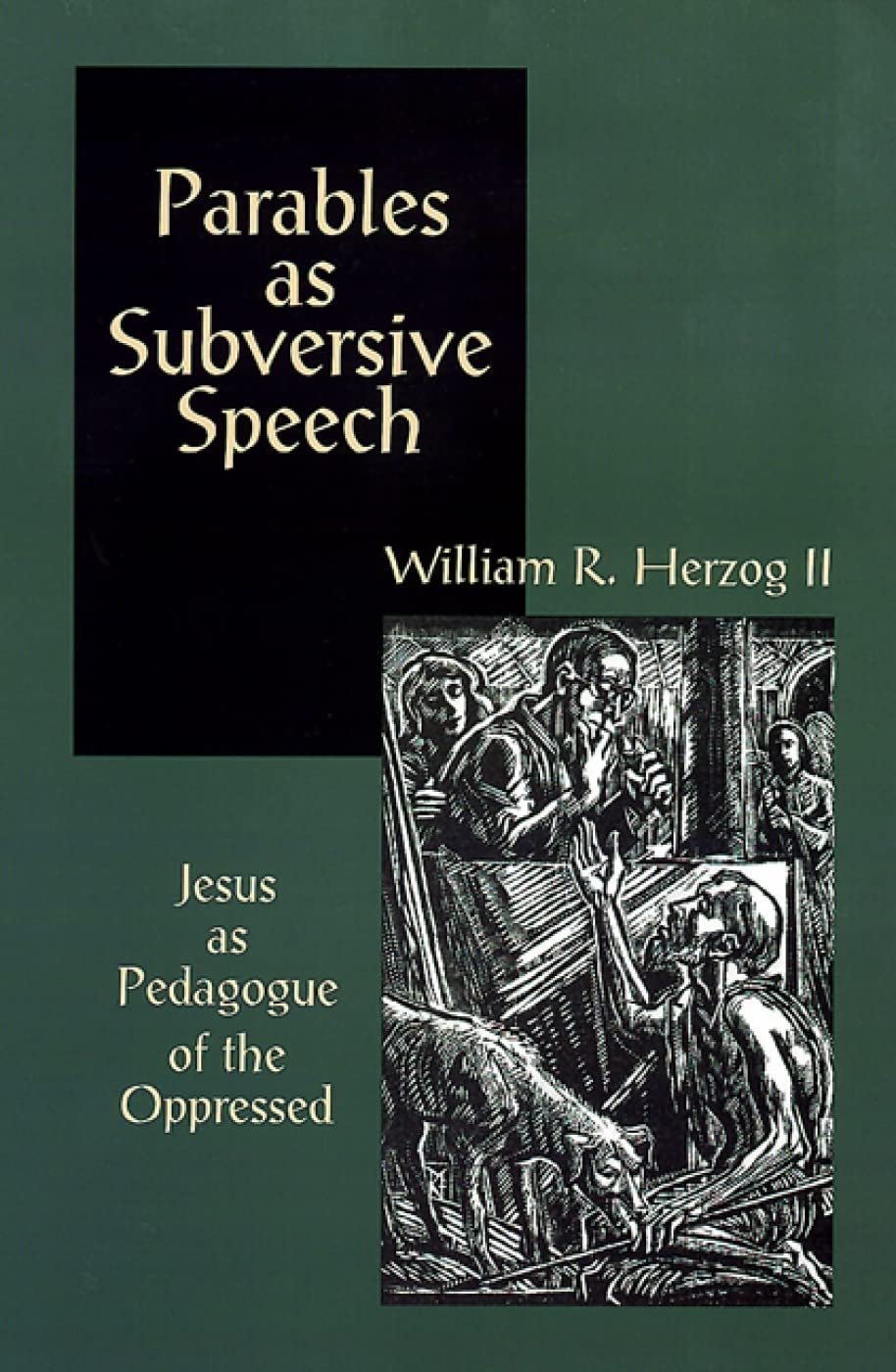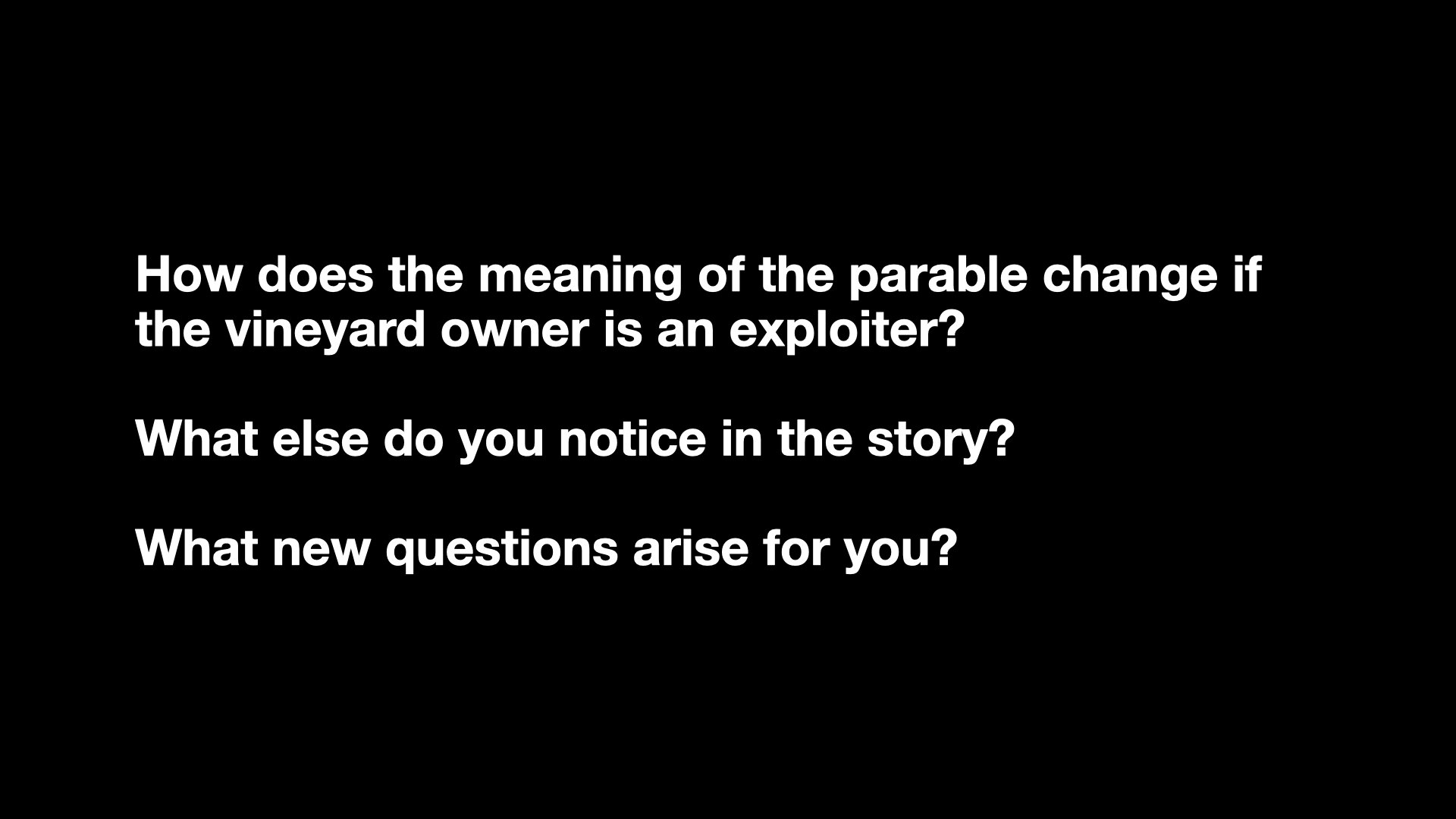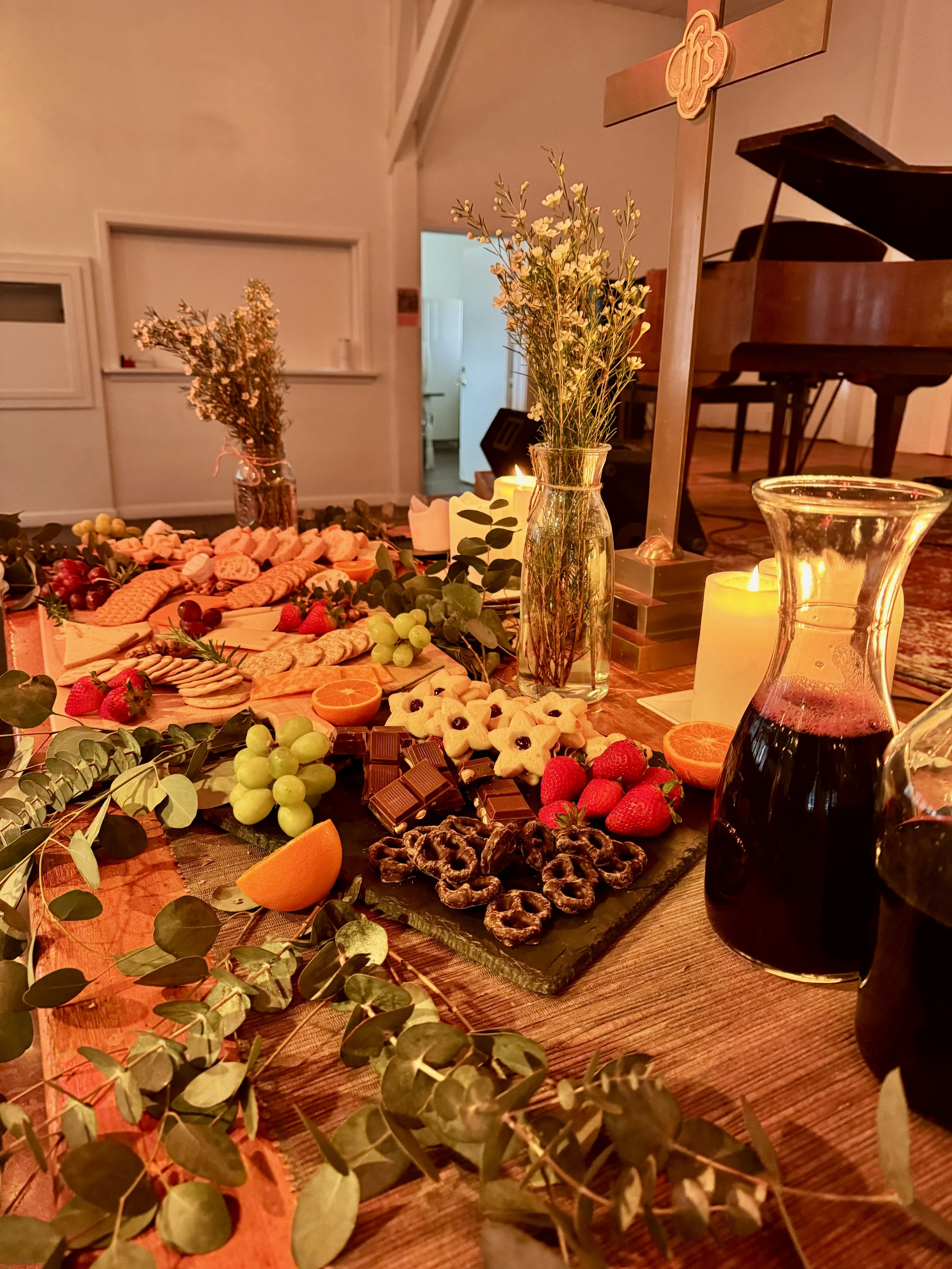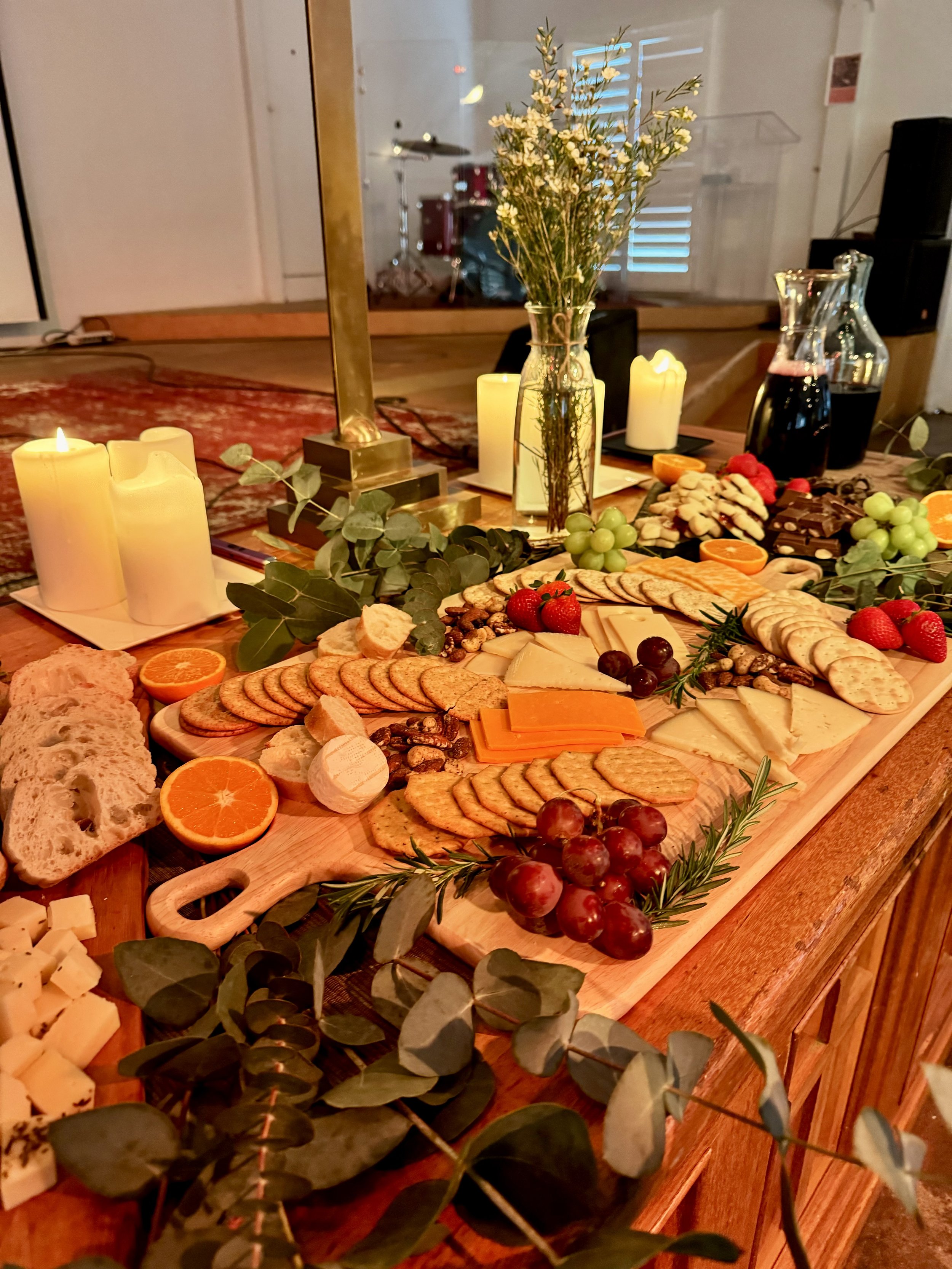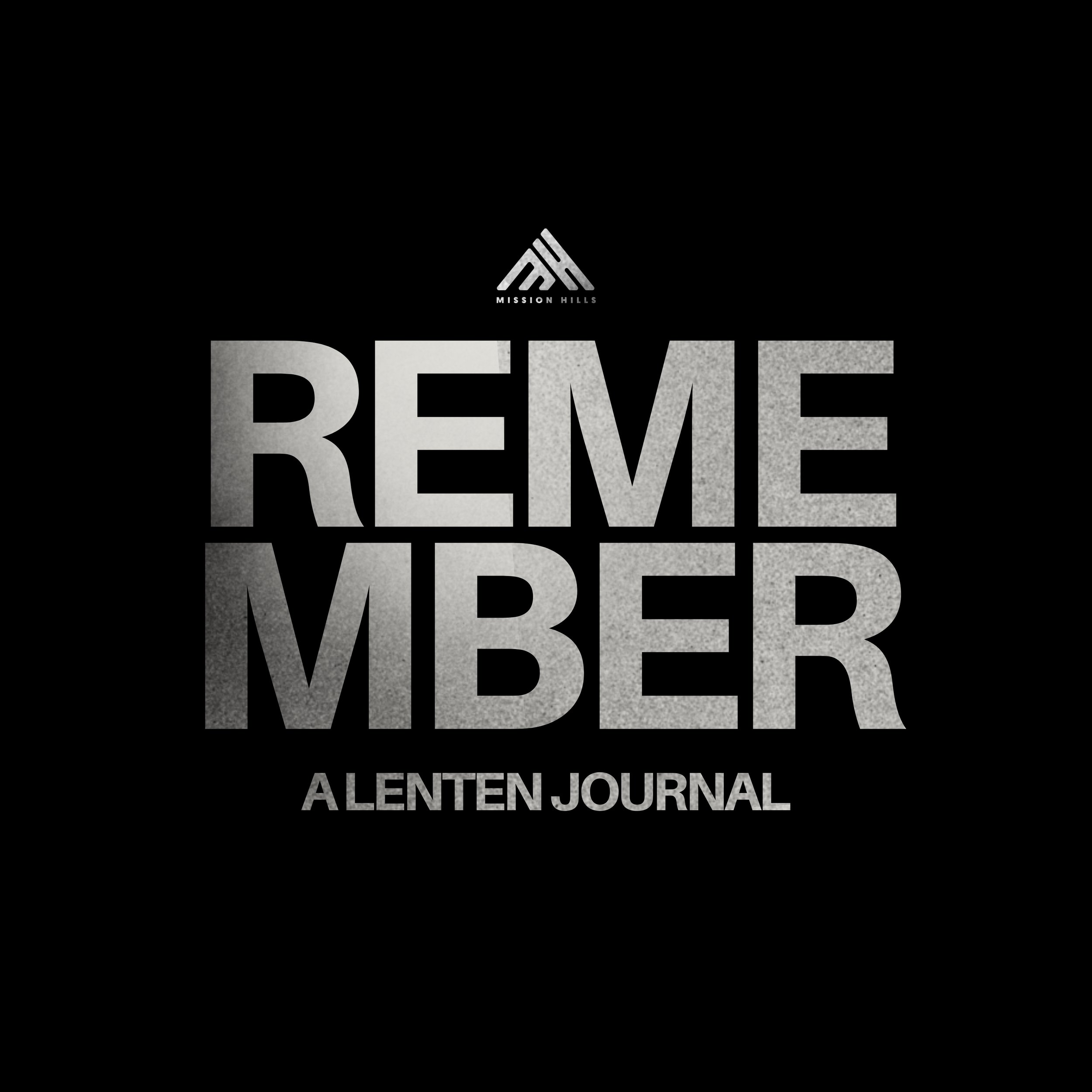Lent 2024
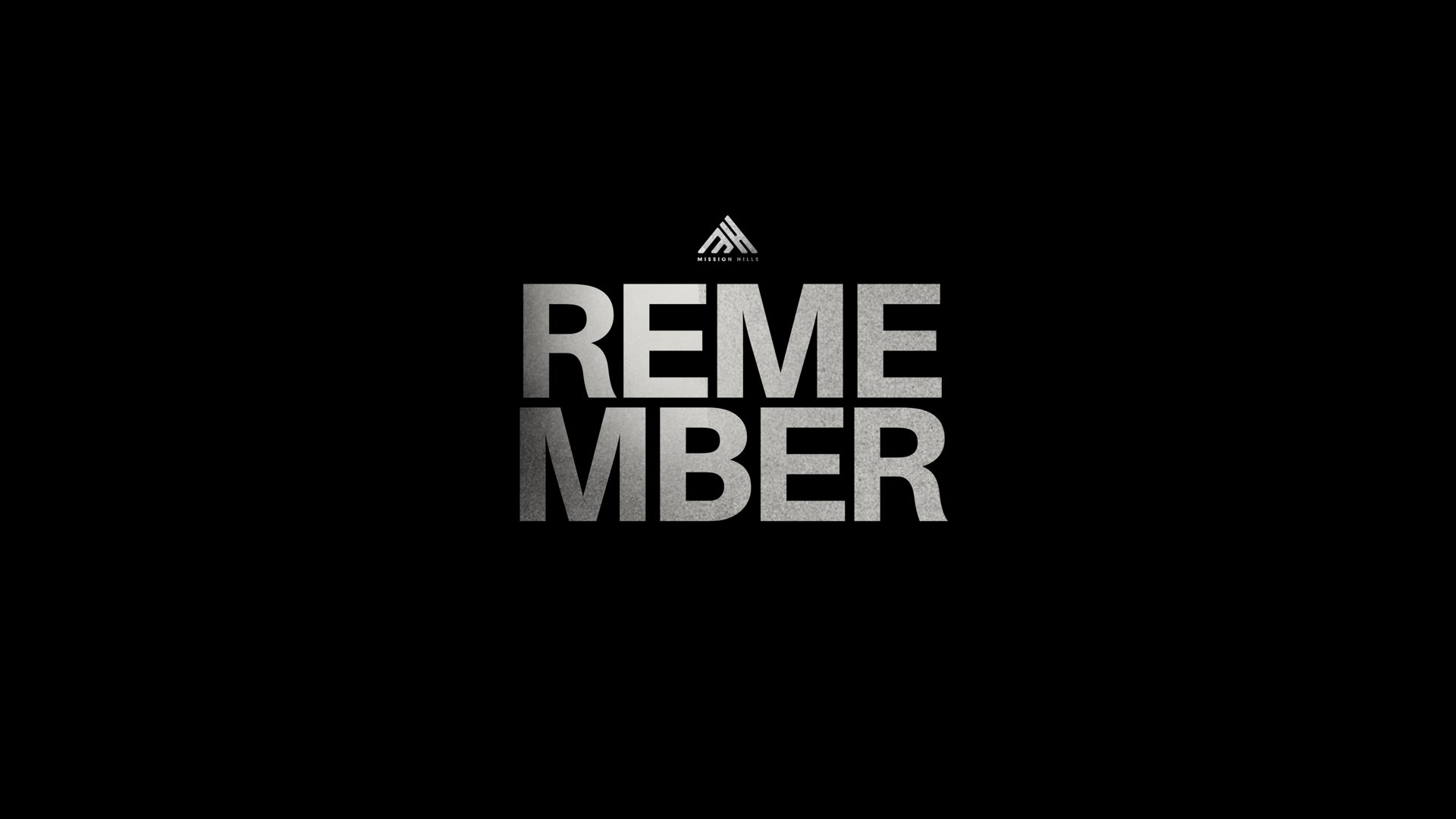
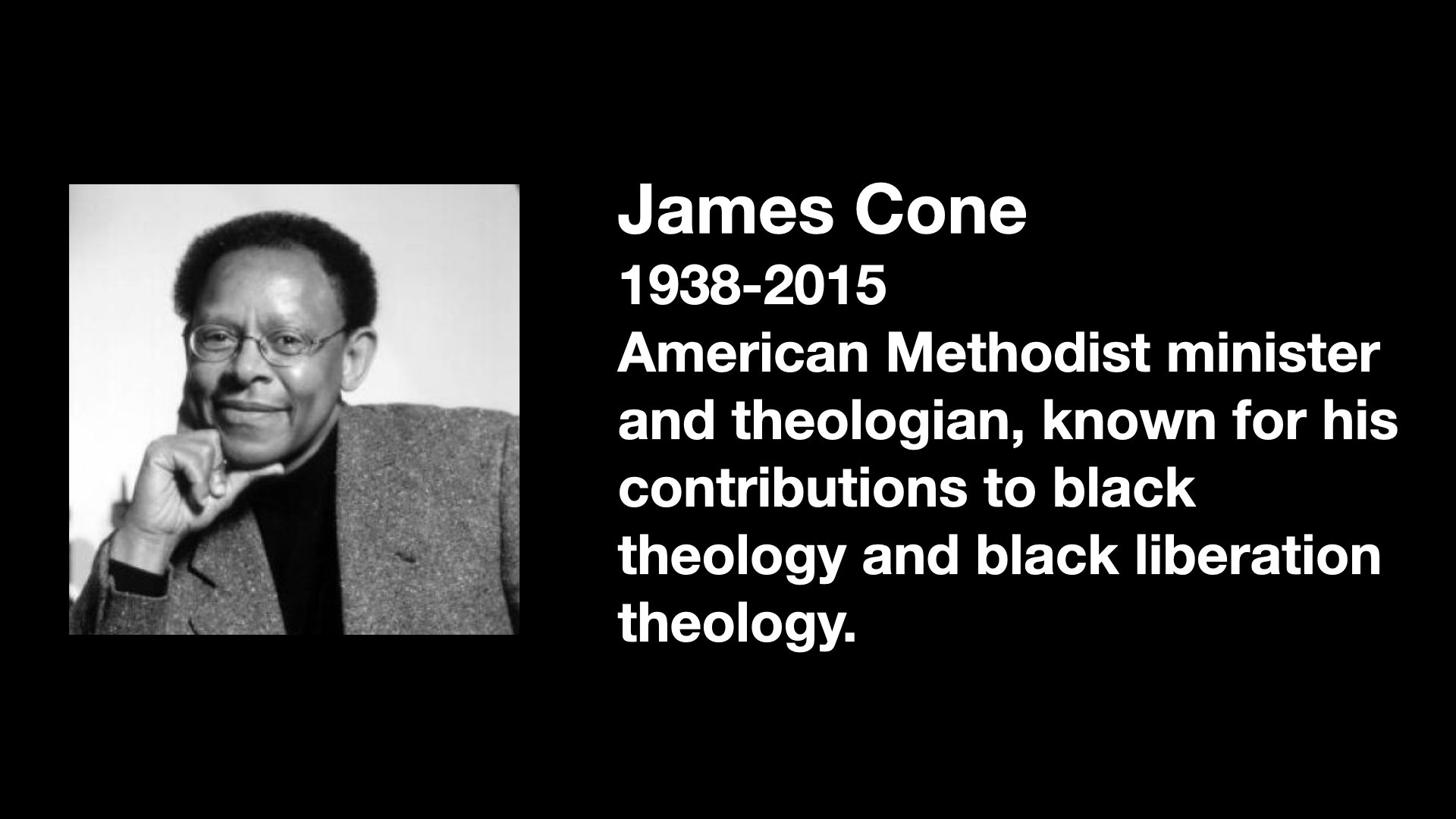
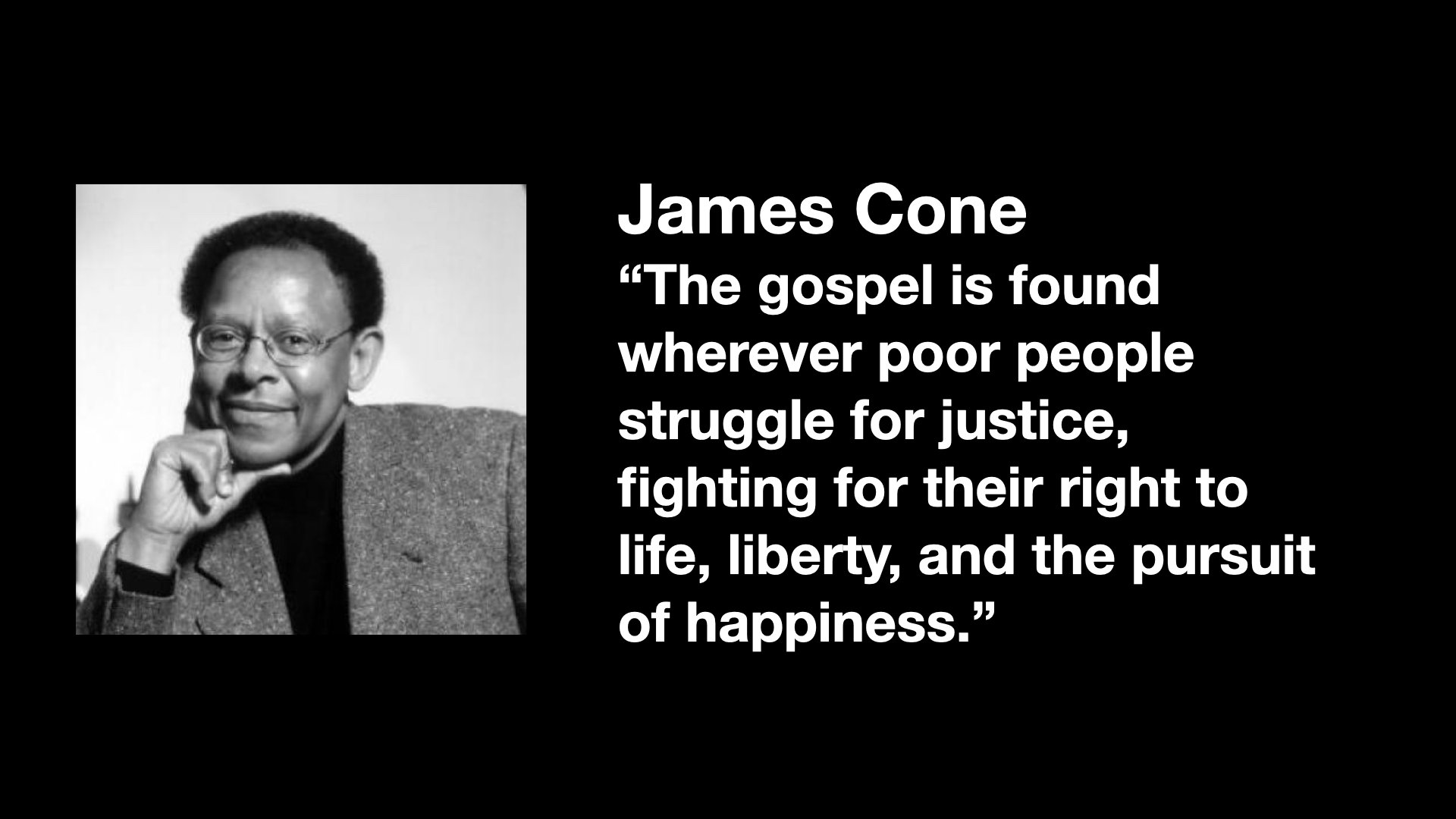
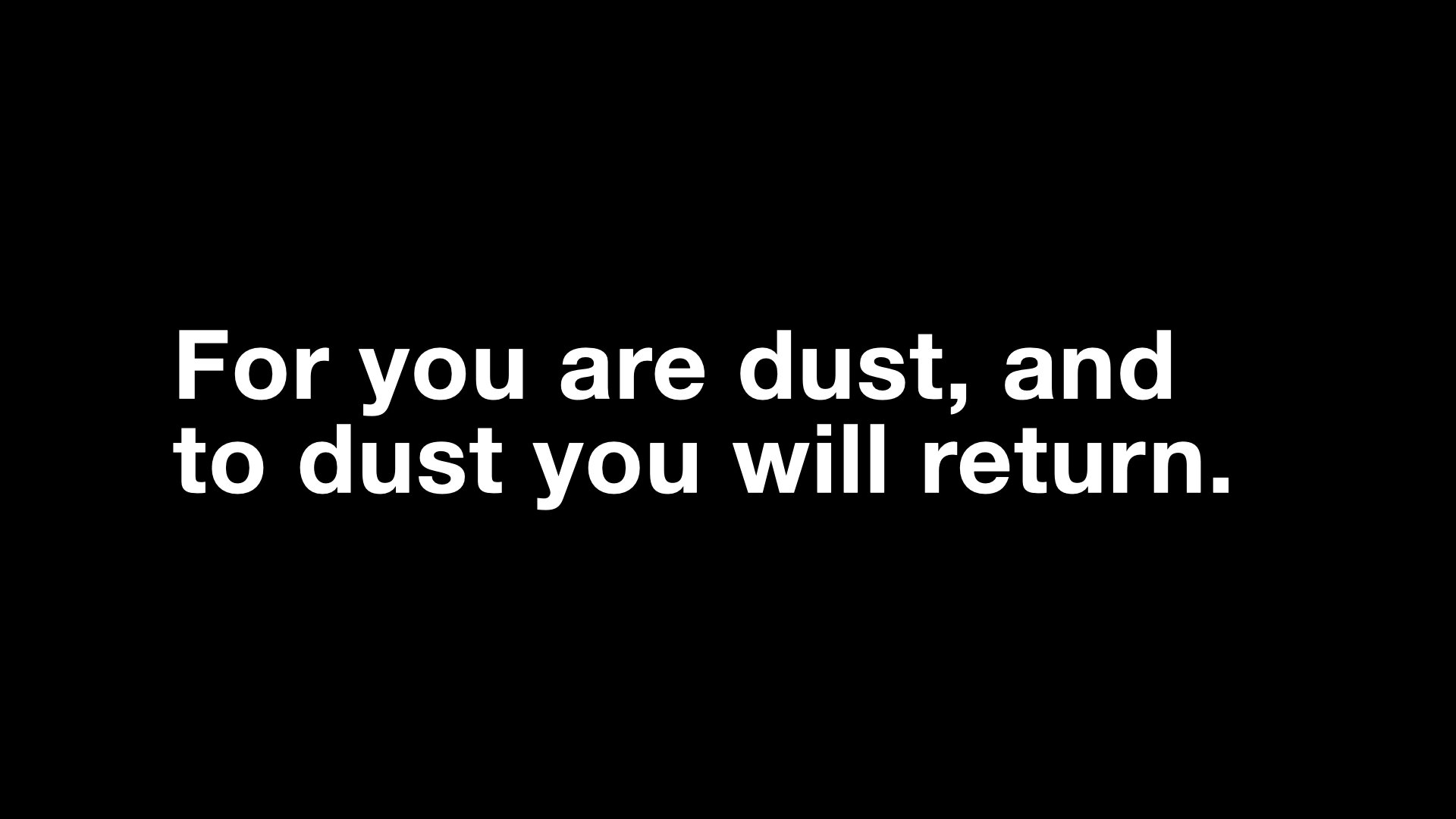
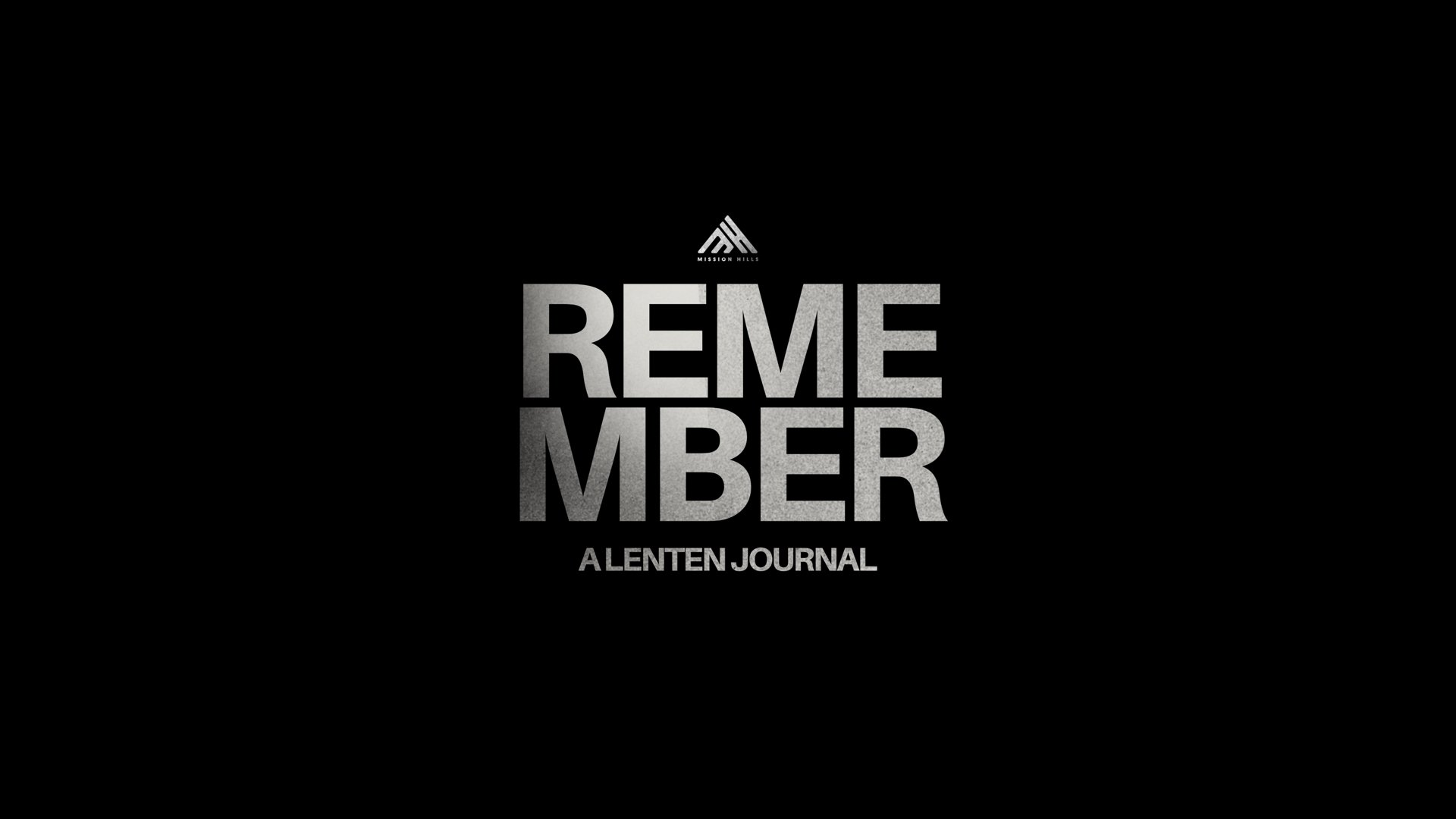
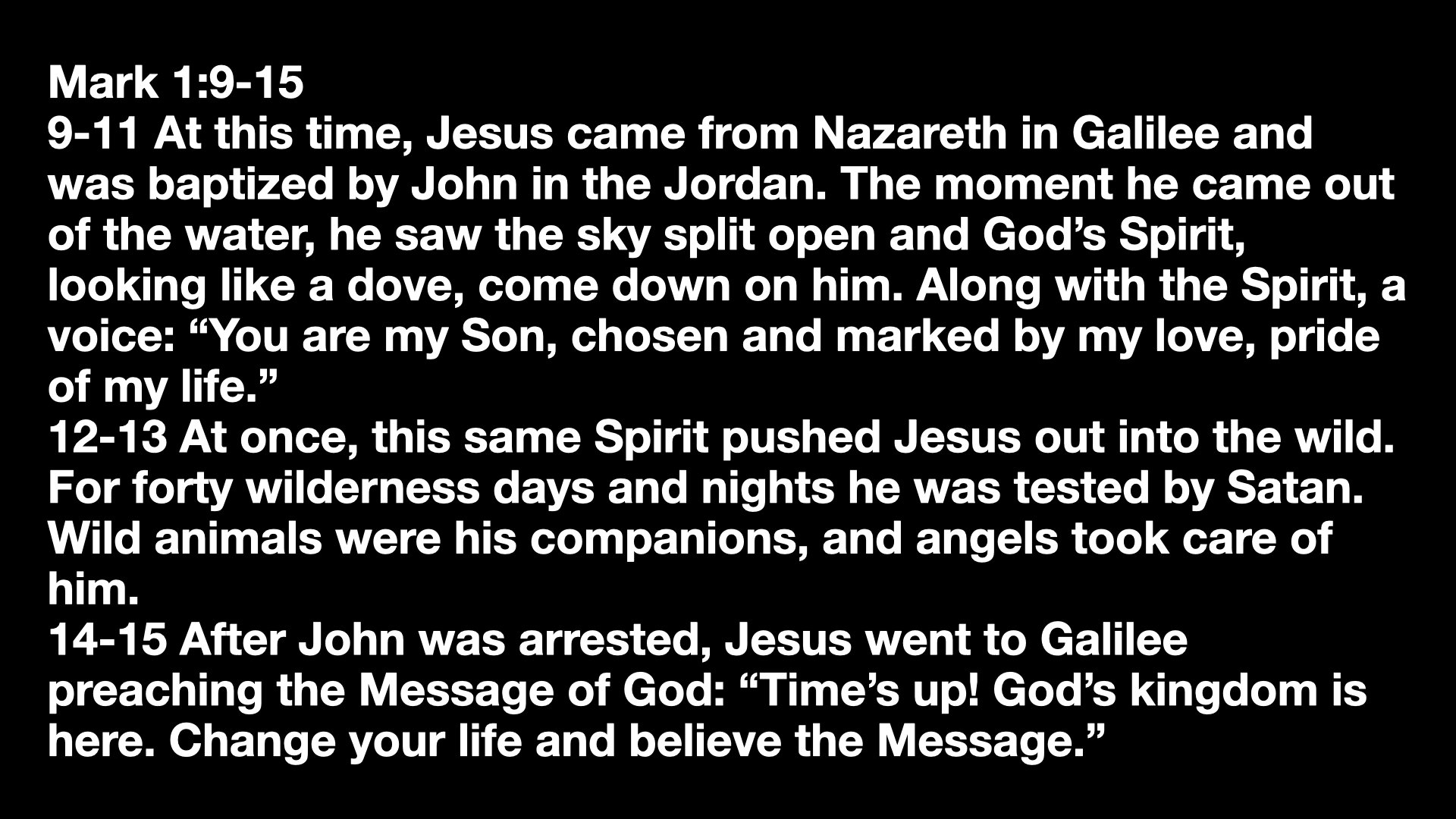
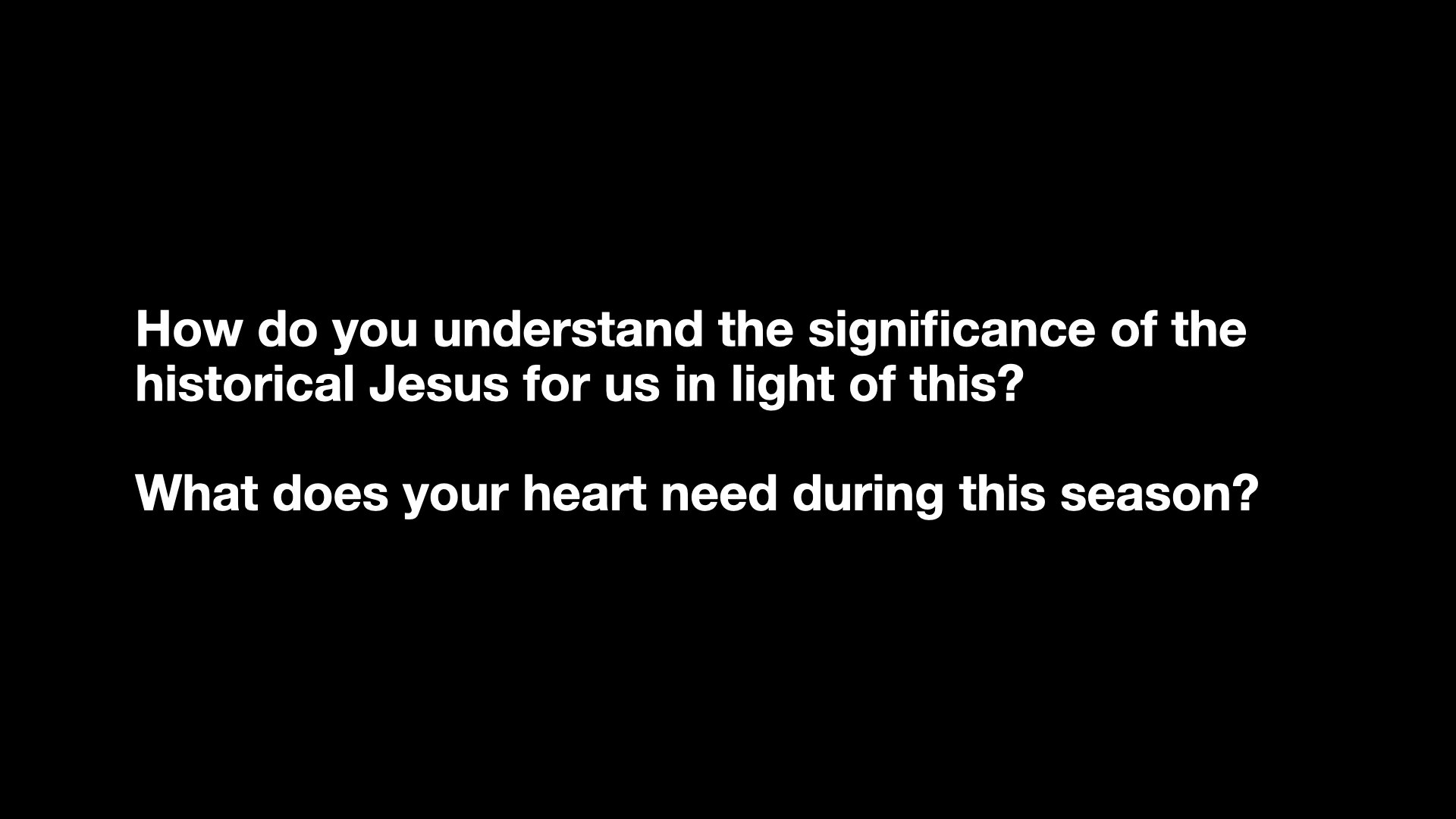
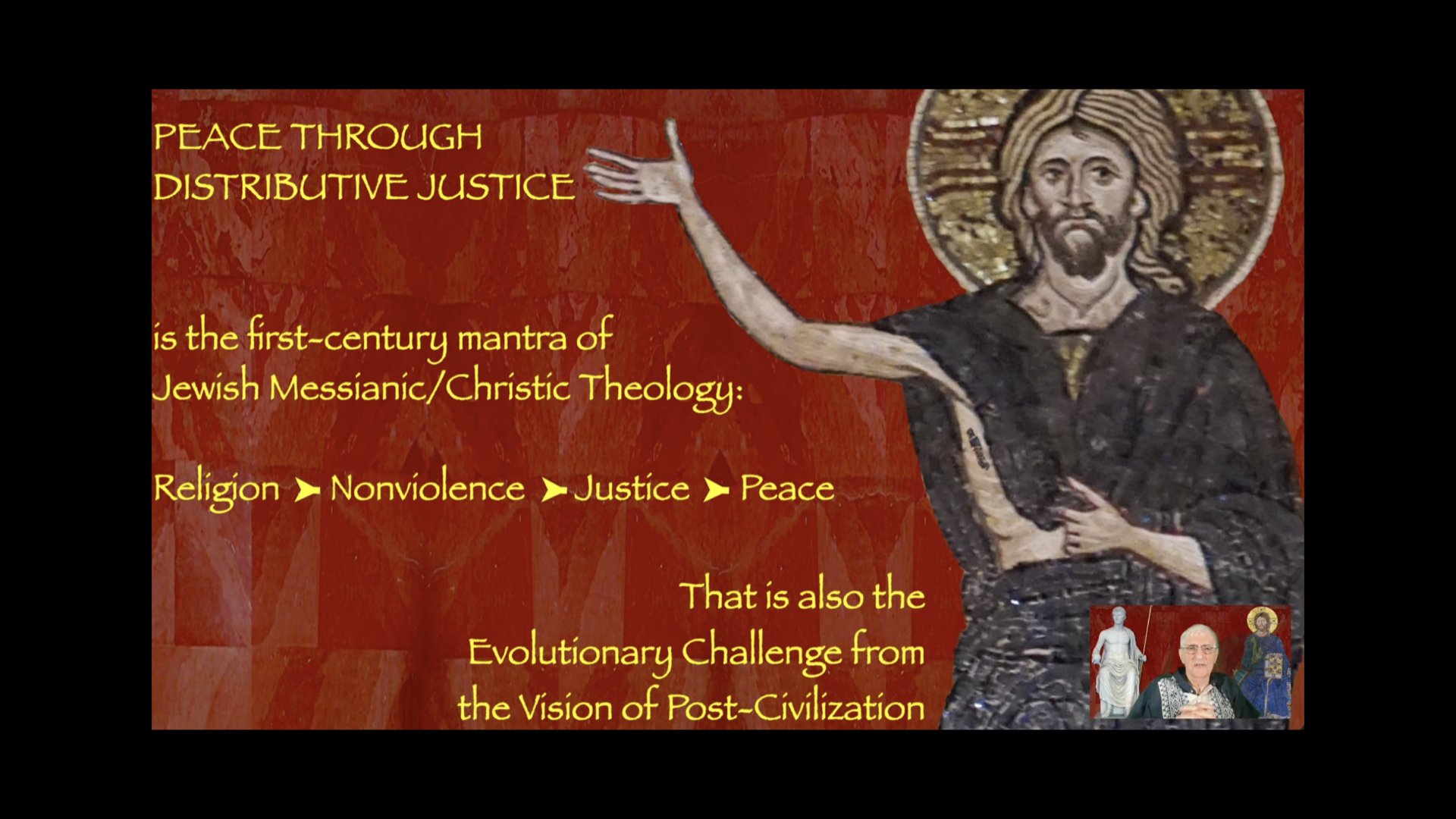
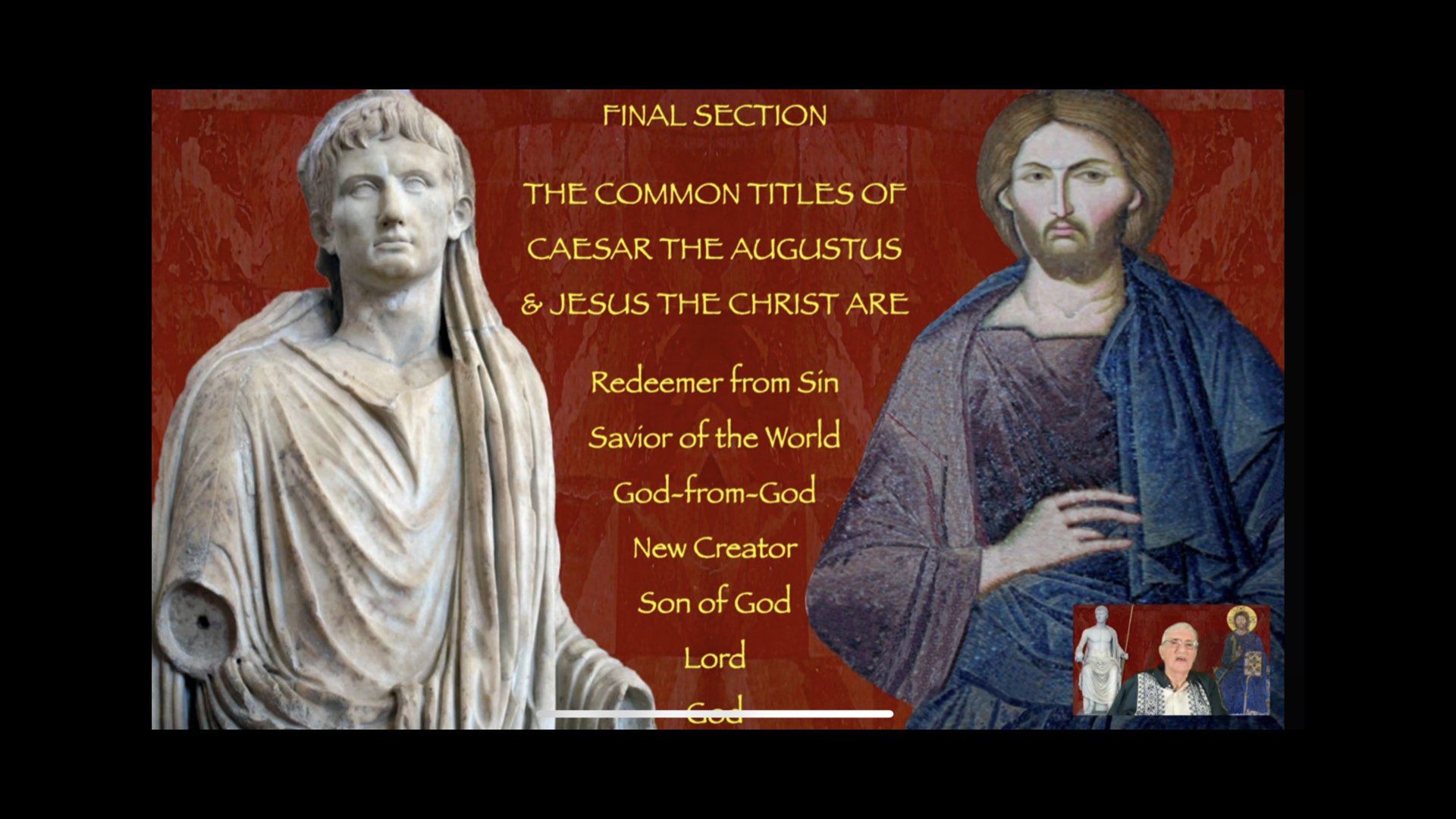
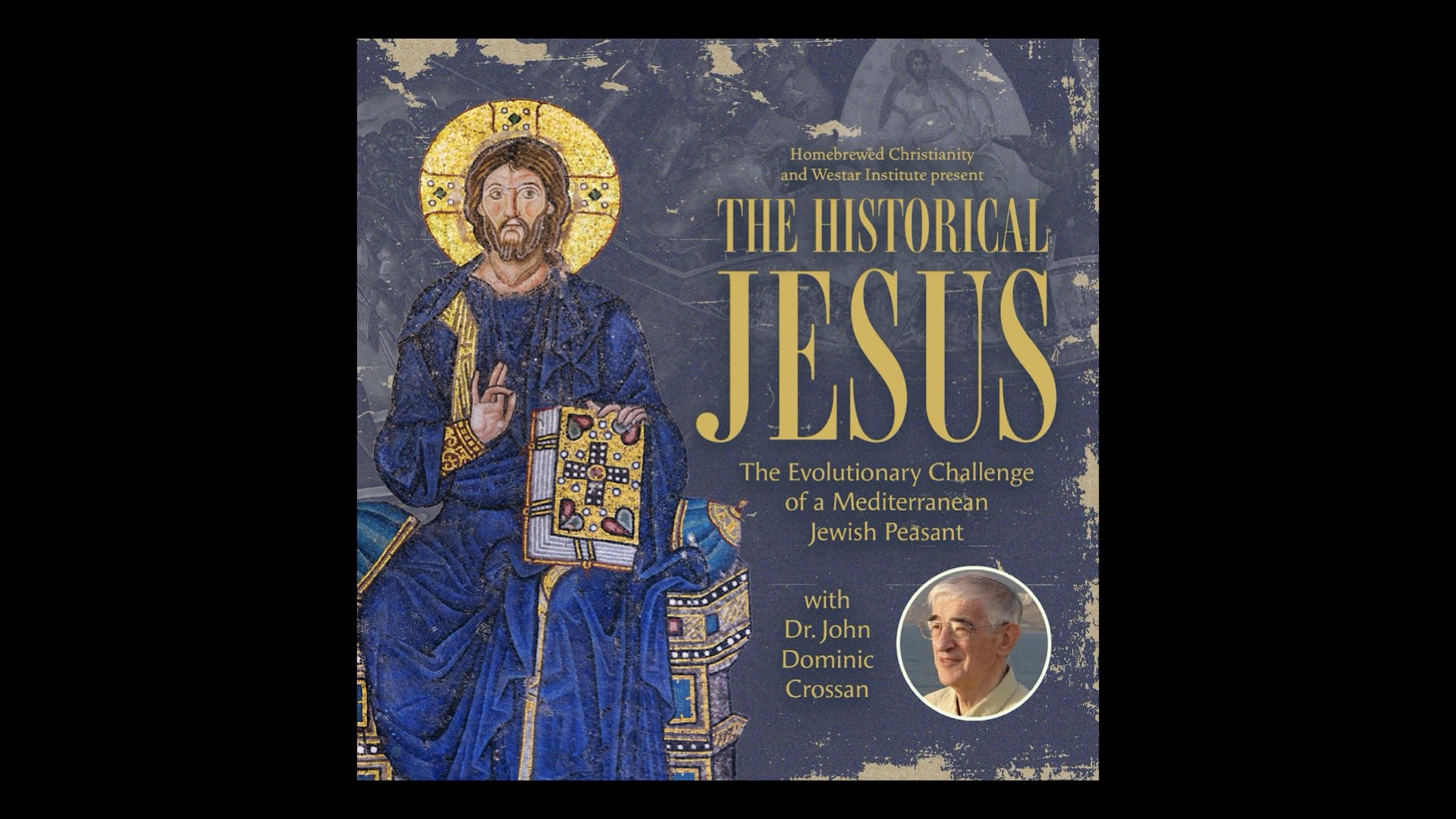
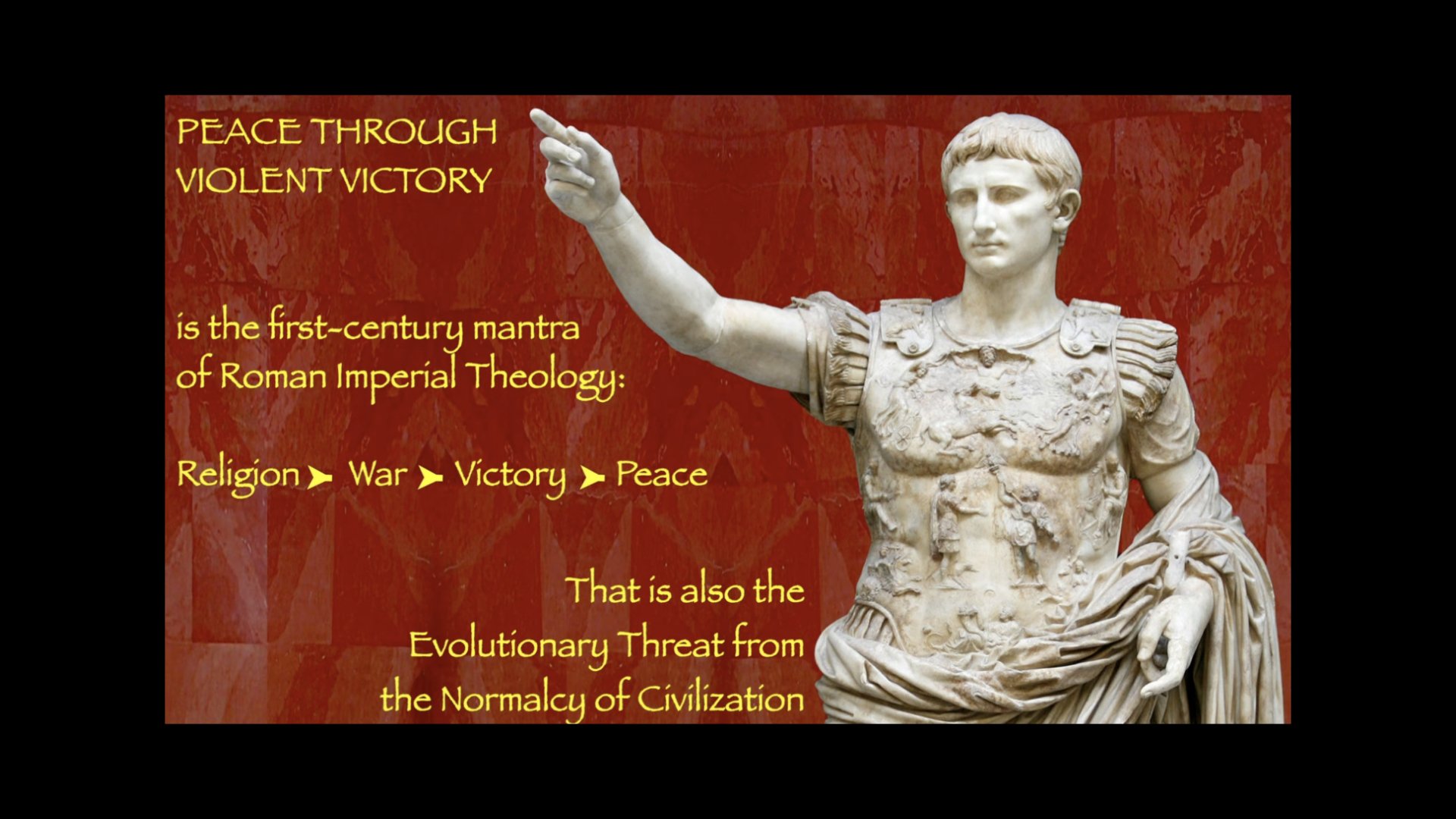
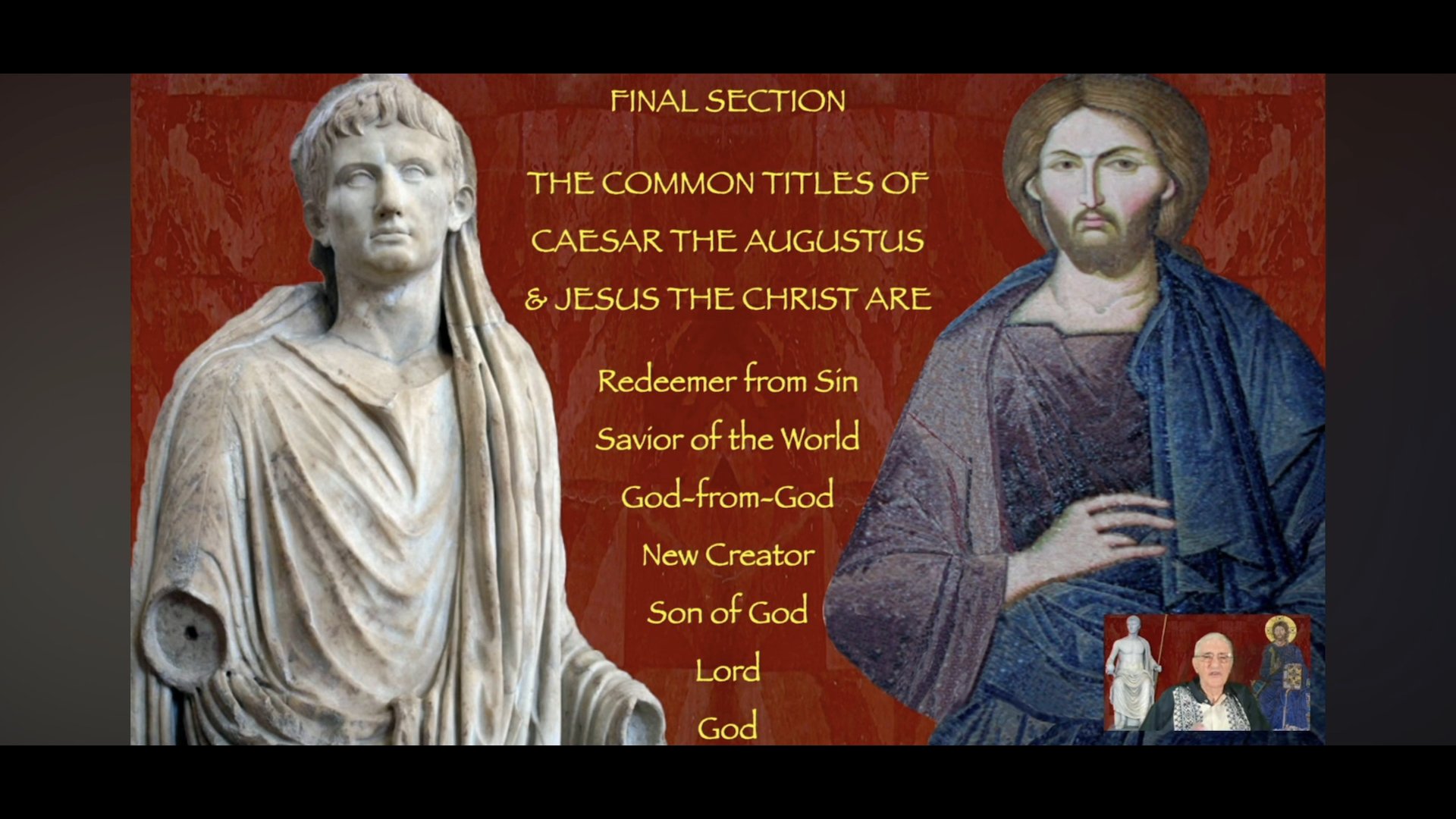

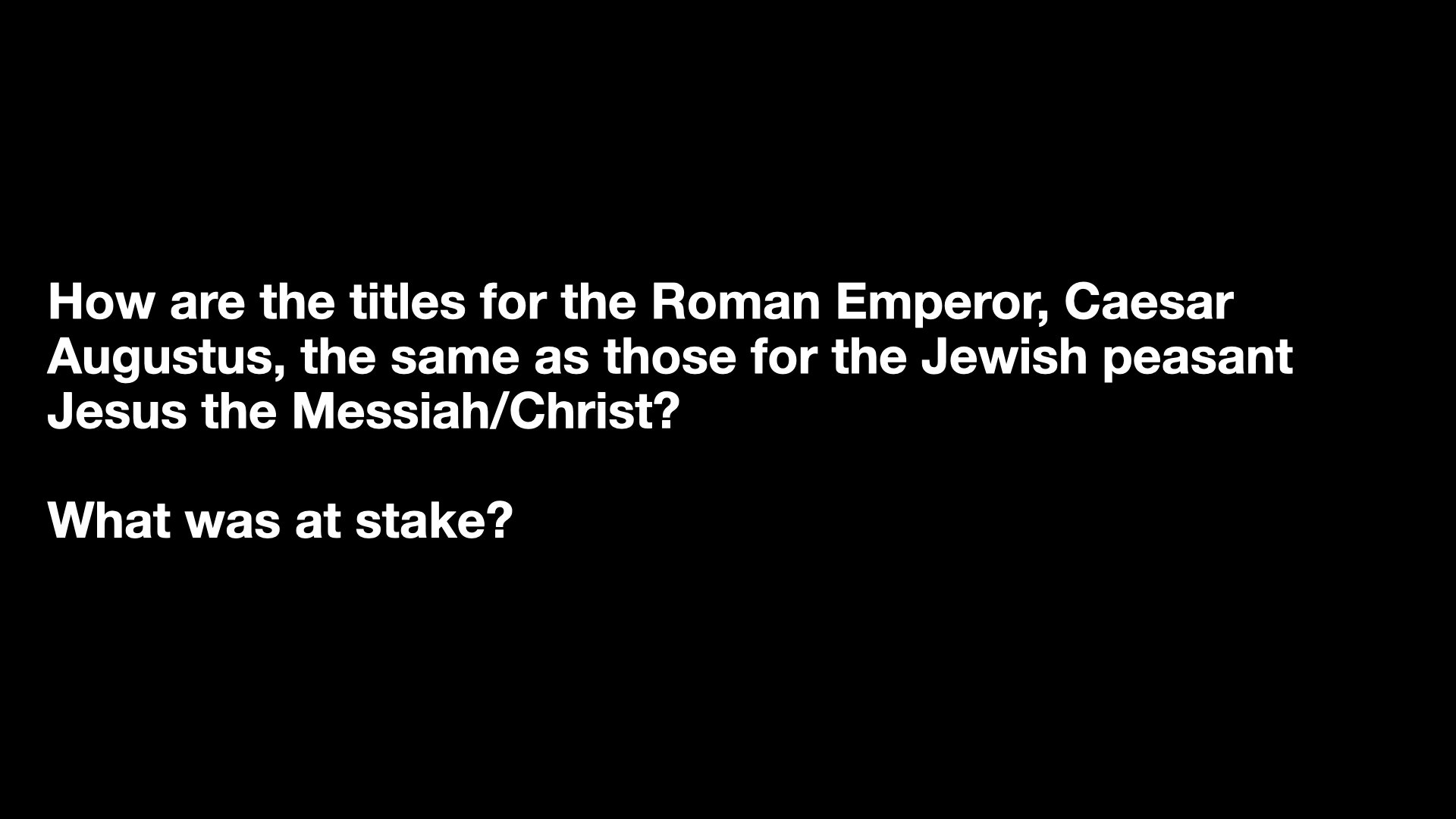
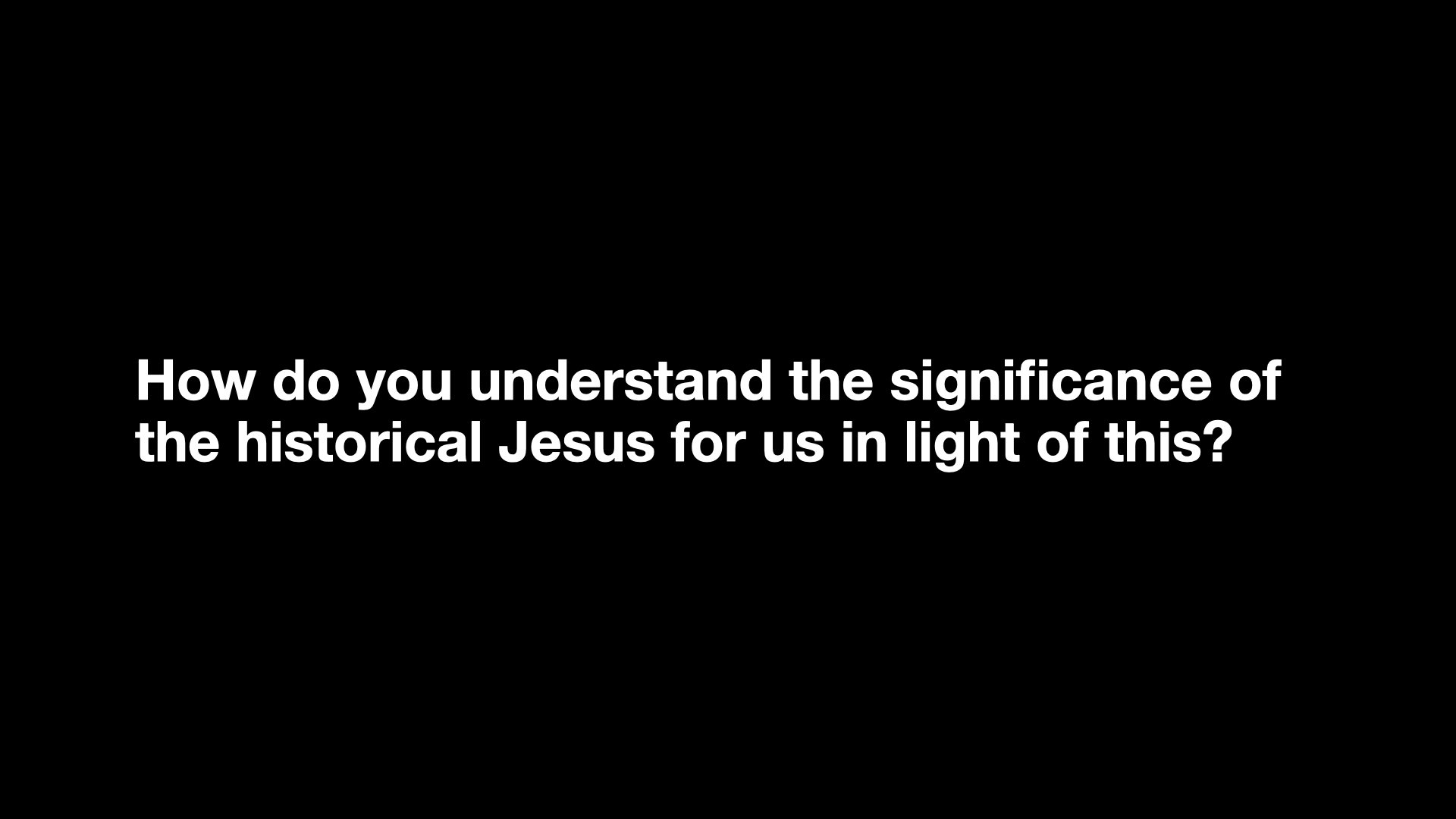
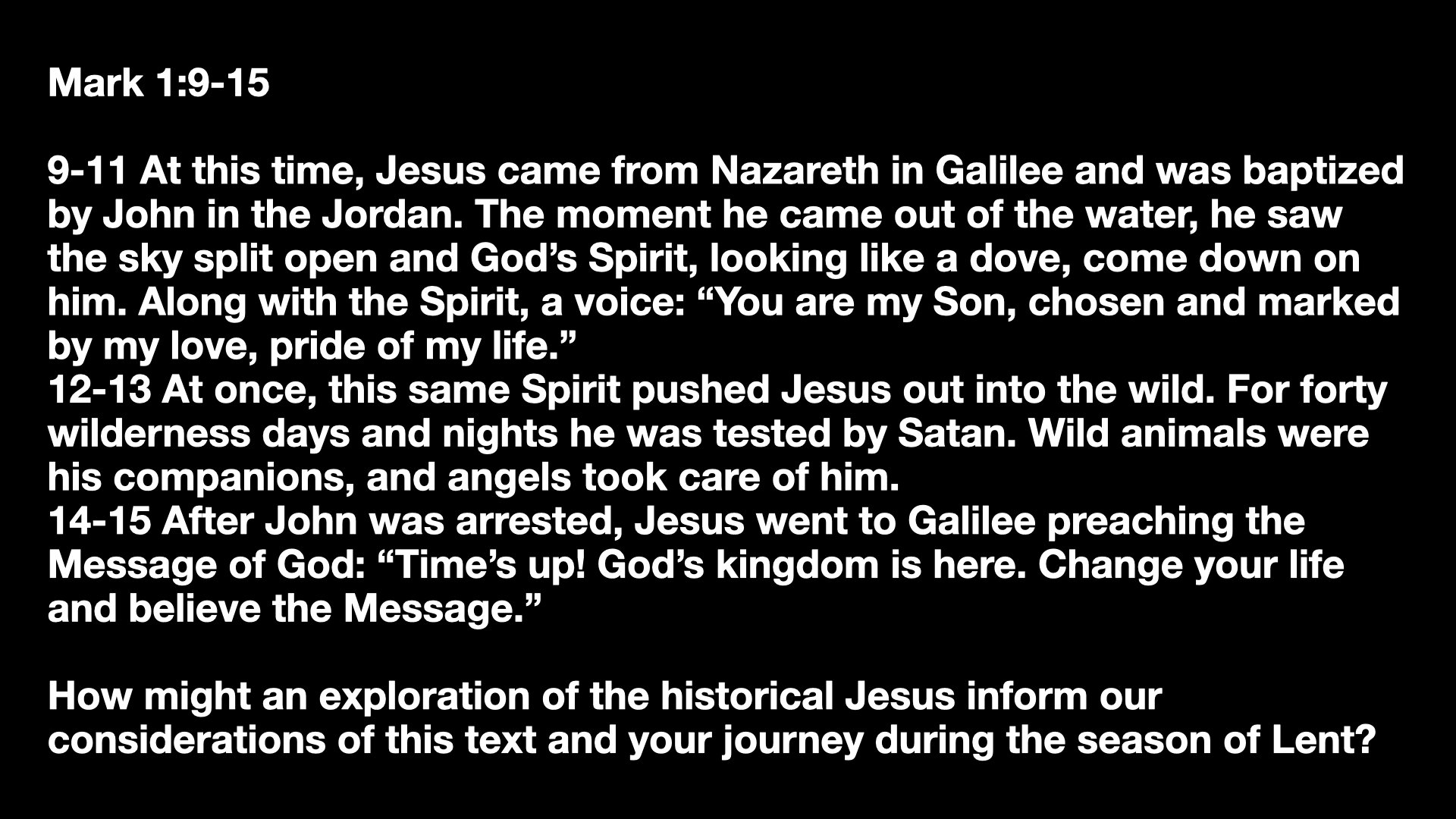
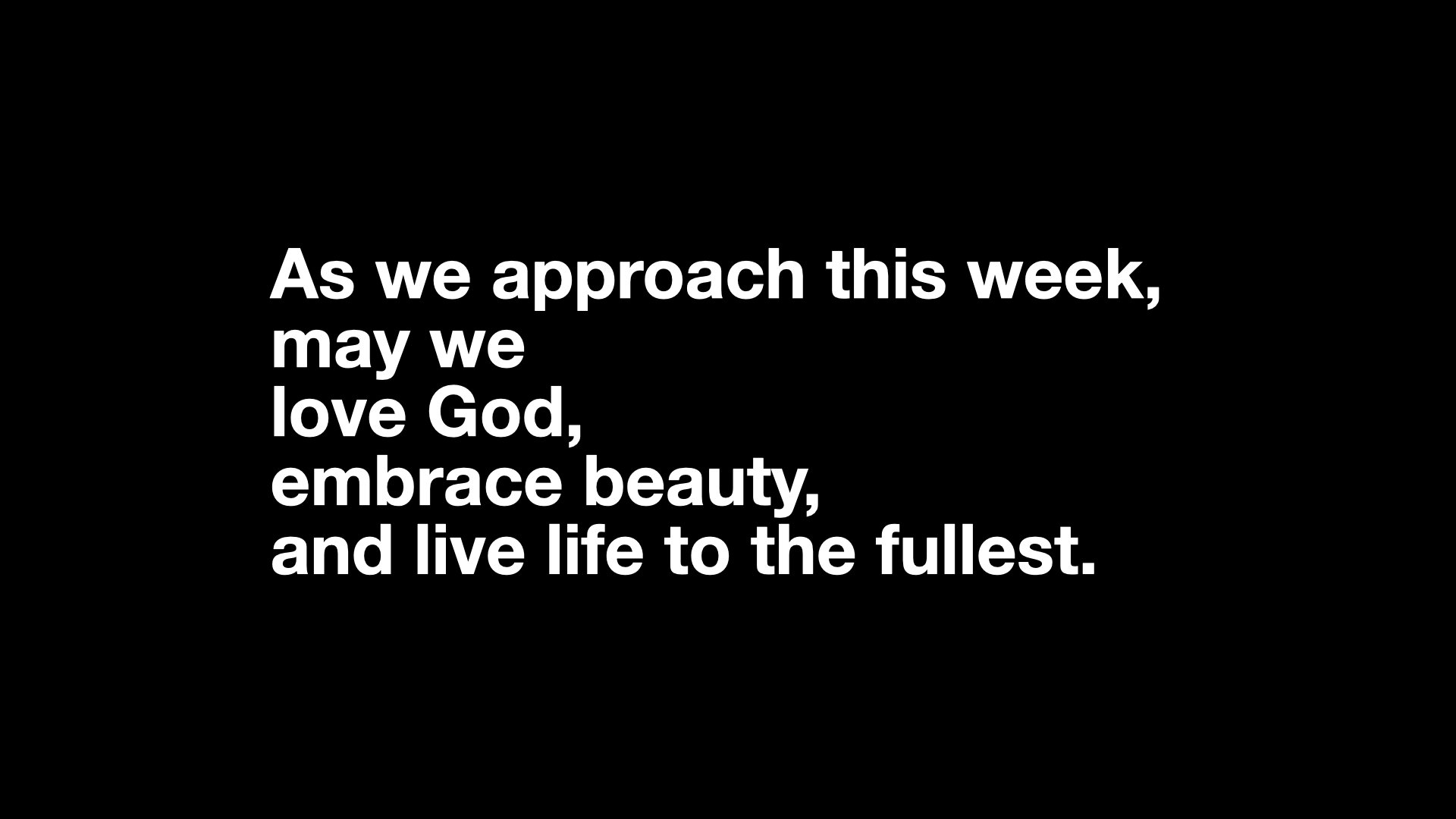
Read
Mark 1:9-15 (MSG)
9-11 At this time, Jesus came from Nazareth in Galilee and was baptized by John in the Jordan. The moment he came out of the water, he saw the sky split open and God’s Spirit, looking like a dove, come down on him. Along with the Spirit, a voice: “You are my Son, chosen and marked by my love, pride of my life.”
12-13 At once, this same Spirit pushed Jesus out into the wild. For forty wilderness days and nights he was tested by Satan. Wild animals were his companions, and angels took care of him.
14-15 After John was arrested, Jesus went to Galilee preaching the Message of God: “Time’s up! God’s kingdom is here. Change your life and believe the Message.”
Quote
“The Christian gospel is more than a transcendent reality, more than ‘going to heaven when I die, to shout salvation as I fly.’ It is also an immanent reality—a powerful, liberating presence among the poor right now in their midst, “building them up where they are torn down and propping them up on every leaning side.” The gospel is found wherever poor people struggle for justice, fighting for their right to life, liberty, and the pursuit of happiness.”
- James Cone
Invitation to Glitter Ashes
Everyone is invited to partake in the sacred ritual of the imposition of the ashes as a recognition of our mortality, vulnerability, and repentance. We enter this season tenderly considering death and those who senselessly suffer at the hands of violence and injustice. We welcome our pain and heartbreak because following the way of the cross embraces the human struggle for justice and peace. This is divine. So, our ashes are full of glitter as a symbol of our love, vitality, and beauty as human beings created in the image of God. We are dust and love. We are broken and beautiful. We acknowledge suffering and injustice while living with unwavering hope and compassion. The imposition of the ashes connects us back to our source and reminds us of our mutuality. Everyone is invited as you’re willing. May you experience deeply that you are love and to love you will return.
Communion
Questions
How is cosmic peace to be established?
How are the titles for the Roman Emperor, Caesar Augustus, the same as those for the Jewish peasant Jesus the Messiah/Christ? And what was at stake?
How do you understand the significance of the historical Jesus for us today in light of this?
How might an exploration of the historical Jesus inform our considerations of this text and your journey during the season of Lent?
What does your heart need during this season?
2024 Lent Journal
Listen
Links
Register For Crossan’s Historical Jesus Class
Download Christ And The End of Meaning
Liturgy, March 17
Text
Matthew 20:1-16
“The kingdom of heaven is like a landowner who went out early in the morning to hire workers for his vineyard. 2 After he agreed with the workers to pay them a denarion, he sent them into his vineyard.
3 “Then he went out around nine in the morning and saw others standing around the marketplace doing nothing. 4 He said to them, ‘You also go into the vineyard, and I’ll pay you whatever is right.’ 5 And they went.
“Again around noon and then at three in the afternoon, he did the same thing. 6 Around five in the afternoon he went and found others standing around, and he said to them, ‘Why are you just standing around here doing nothing all day long?’
7 “‘Because nobody has hired us,’ they replied.
“He responded, ‘You also go into the vineyard.’
8 “When evening came, the owner of the vineyard said to his manager, ‘Call the workers and give them their wages, beginning with the last ones hired and moving on finally to the first.’ 9 When those who were hired at five in the afternoon came, each one received a denarion. 10 Now when those hired first came, they thought they would receive more. But each of them also received a denarion. 11 When they received it, they grumbled against the landowner, 12 ‘These who were hired last worked one hour, and they received the same pay as we did even though we had to work the whole day in the hot sun.’
13 “But he replied to one of them, ‘Friend, I did you no wrong. Didn’t I agree to pay you a denarion? 14 Take what belongs to you and go. I want to give to this one who was hired last the same as I give to you. 15 Don’t I have the right to do what I want with what belongs to me? Or are you resentful because I’m generous?’ 16 So those who are last will be first. And those who are first will be last.”
Questions
How does the meaning of the parable change if the vineyard owner is an exploiter? What else do you notice in the story? What new questions arise for you?
What would the reaction have been from Jesus’ audience while listening to this? What is this parable’s invitation to them? Us?
What systems would Jesus’ program, “distributive justice,” challenge and threaten today?
How does reading this parable with the cultural and historical context in mind shift your understanding of Jesus, faith, or “good news”?



